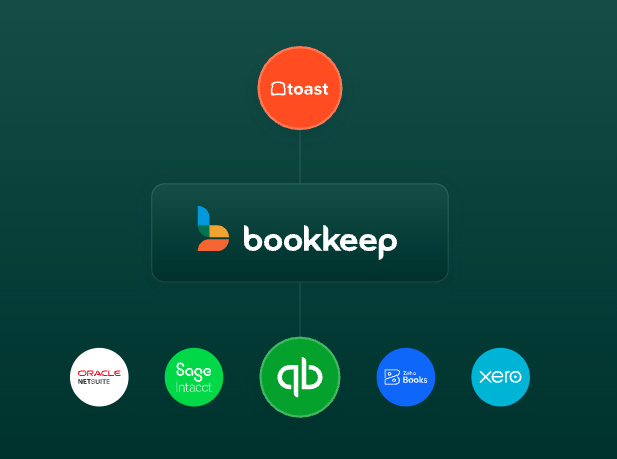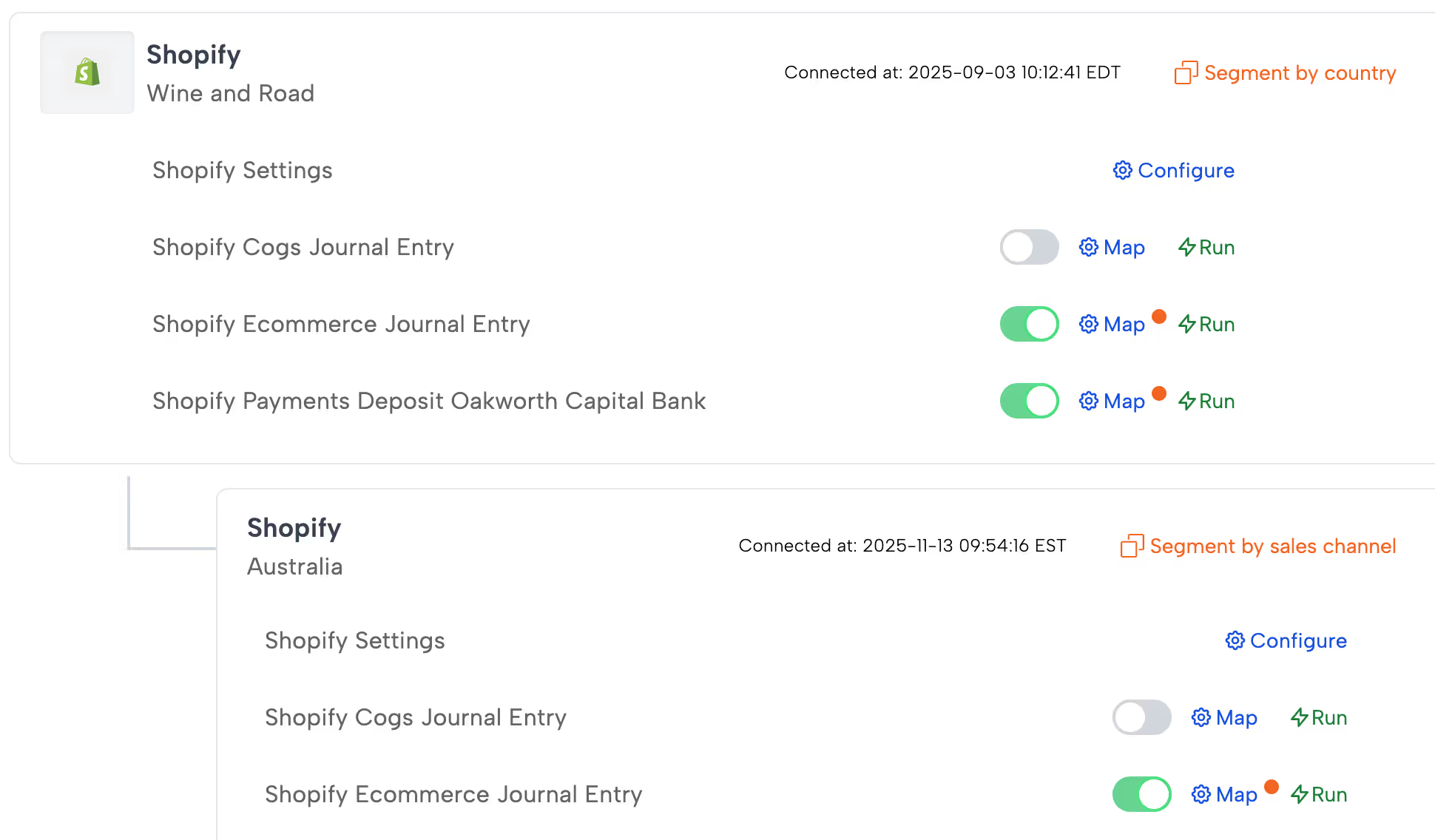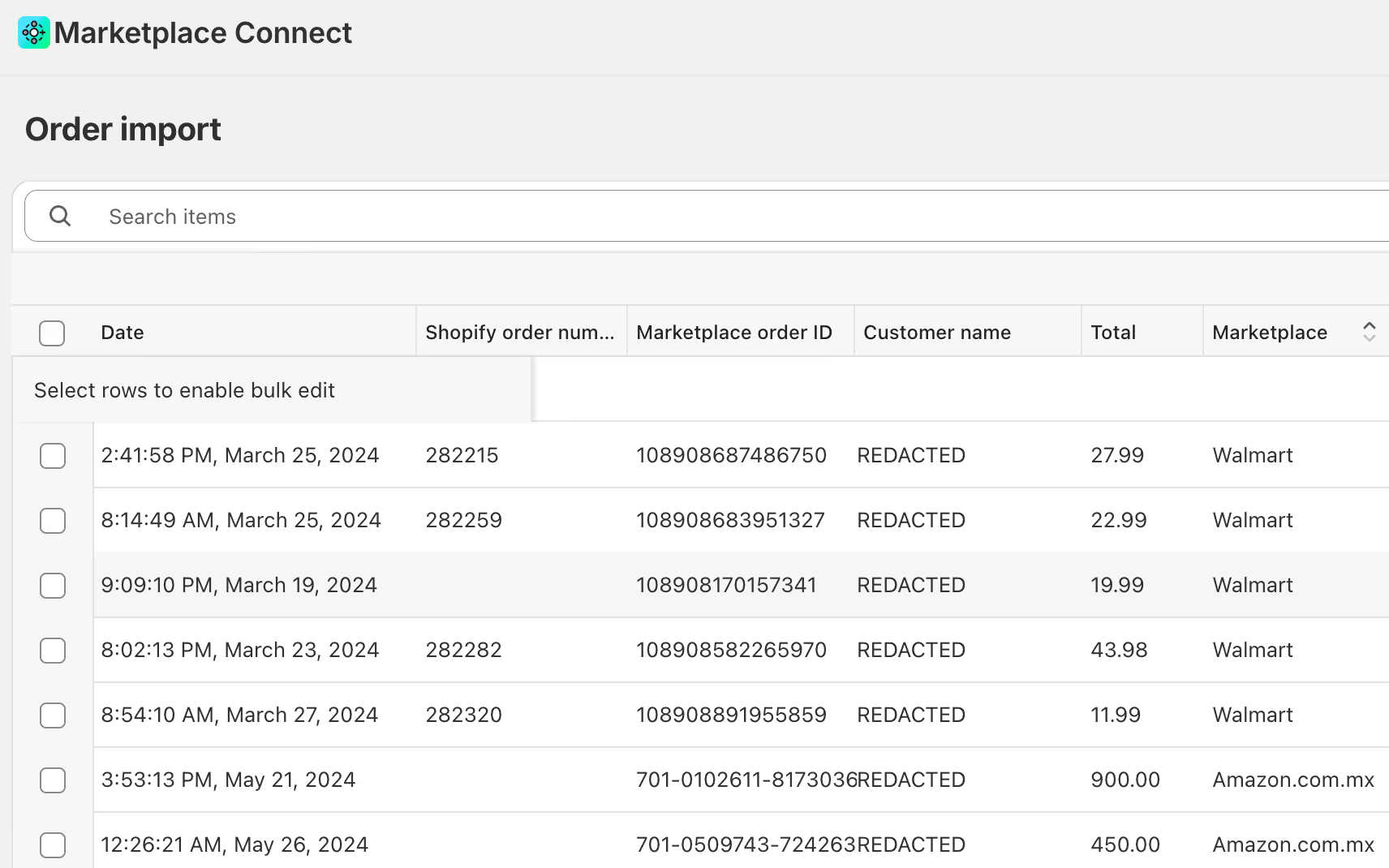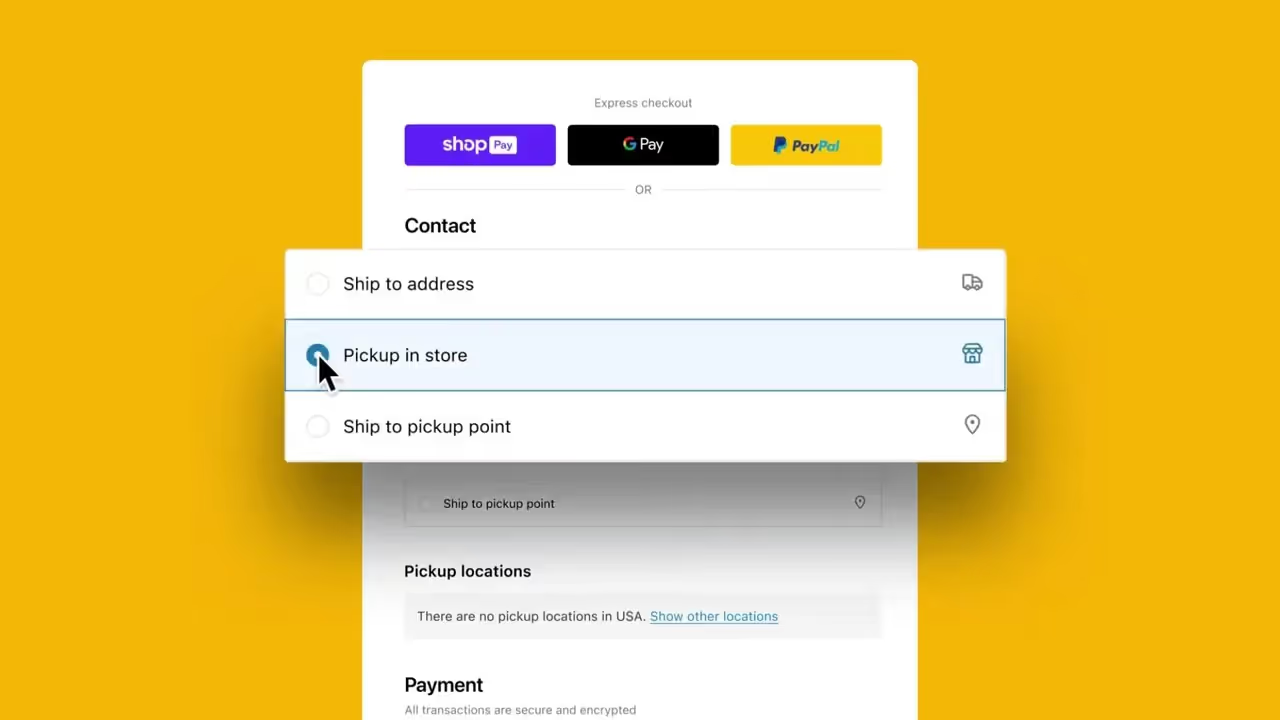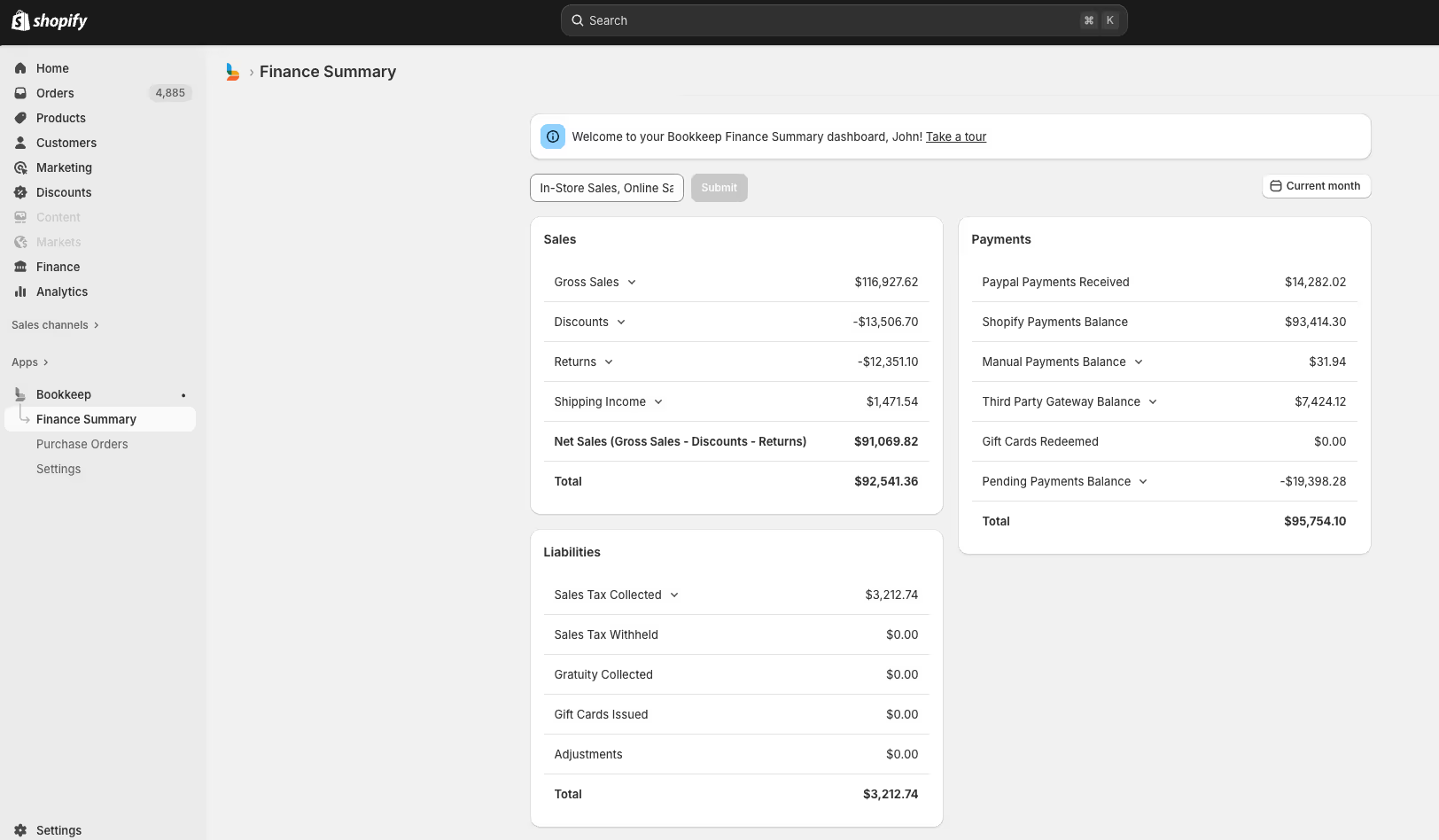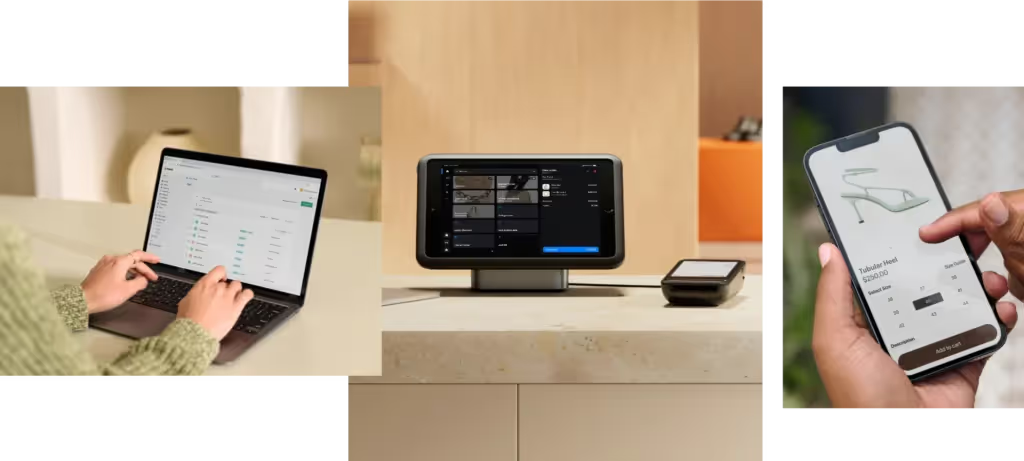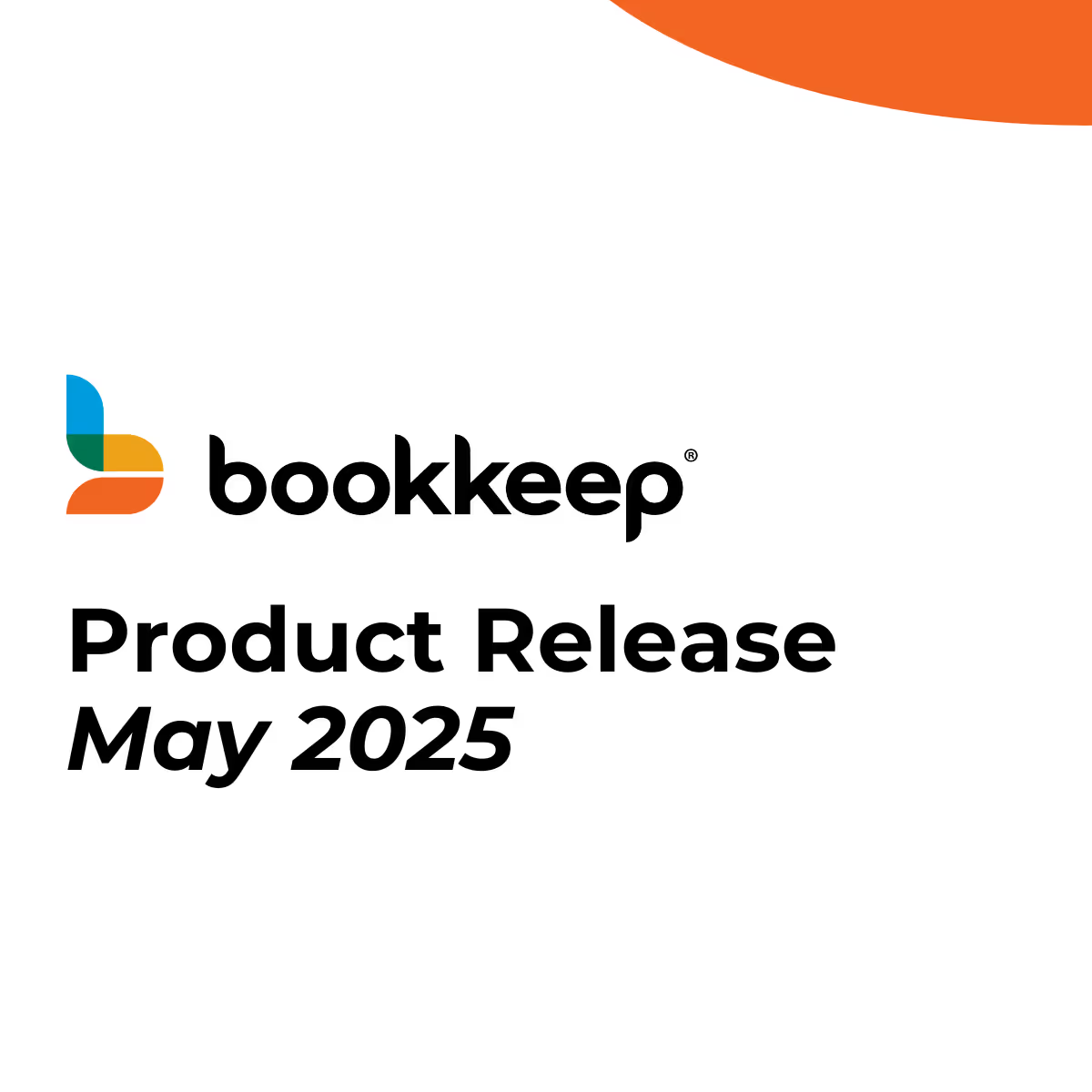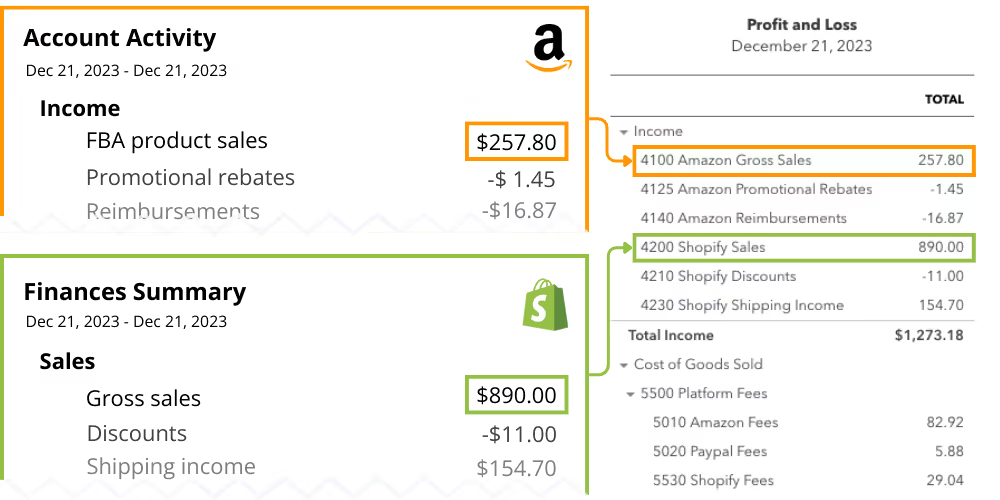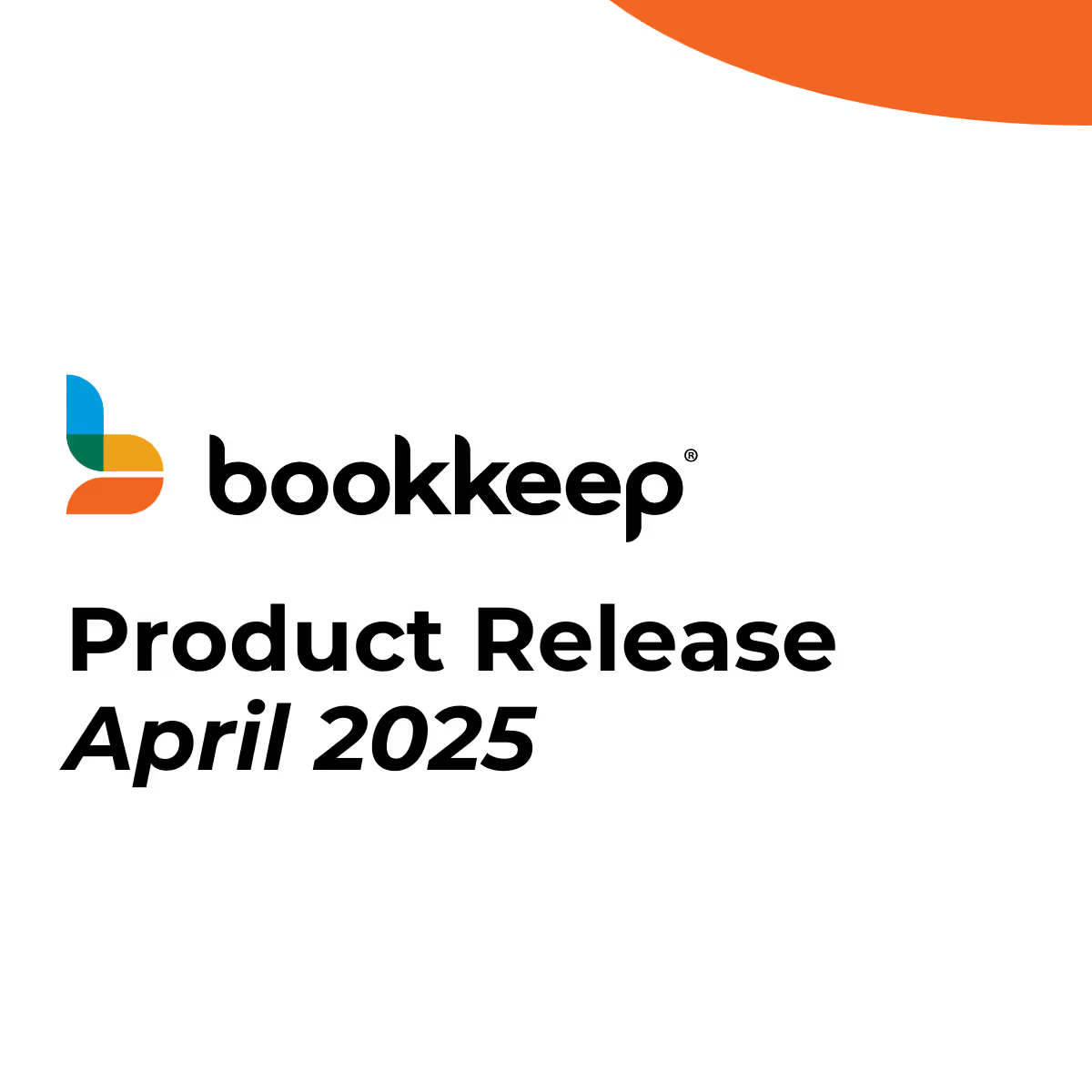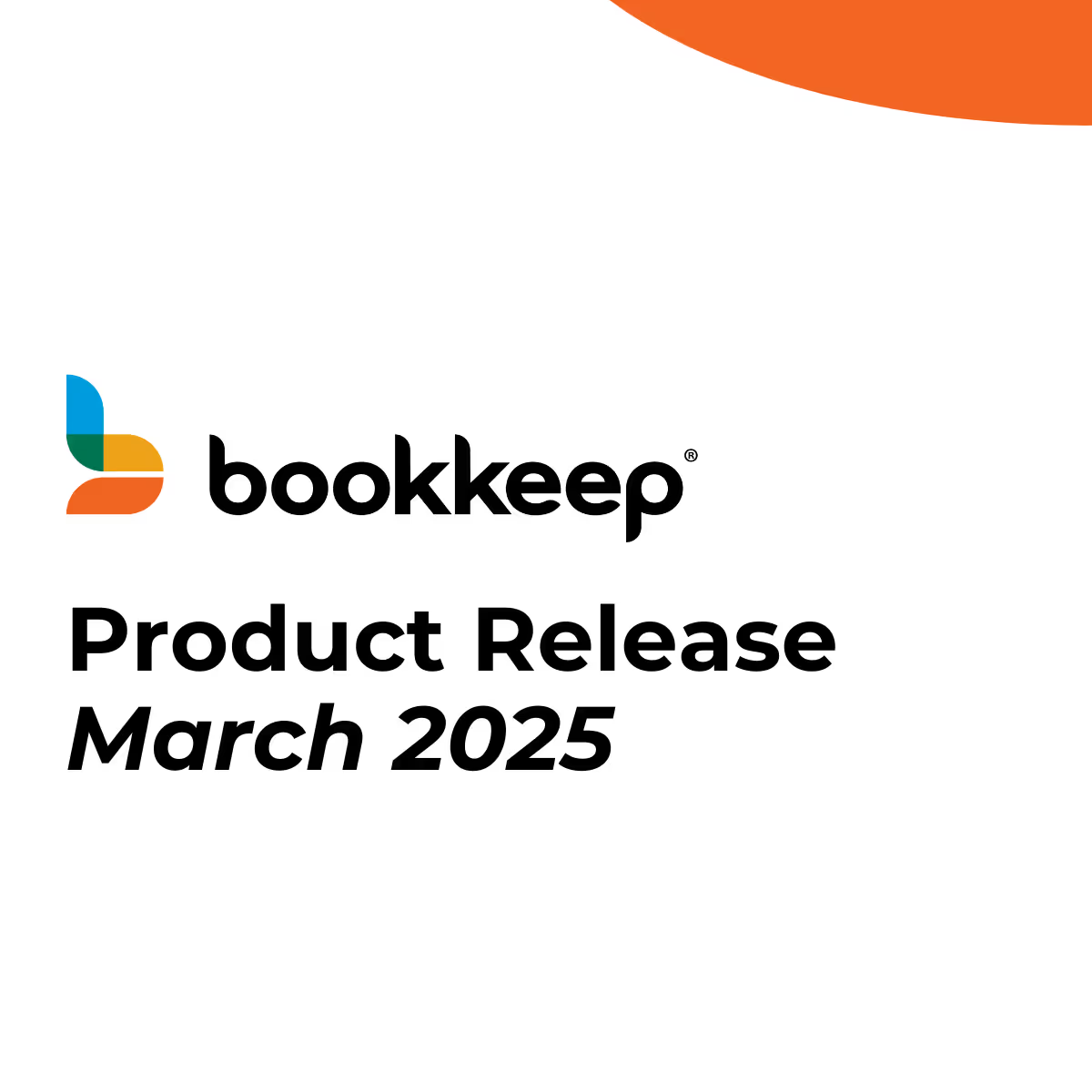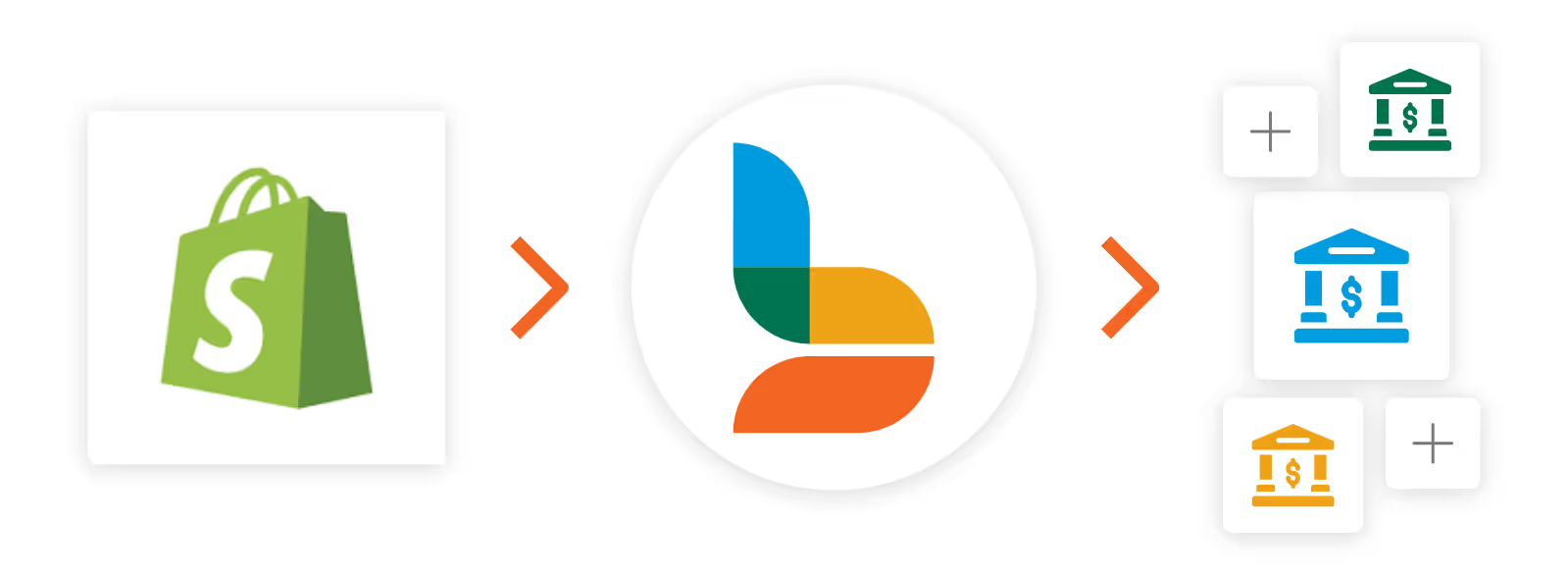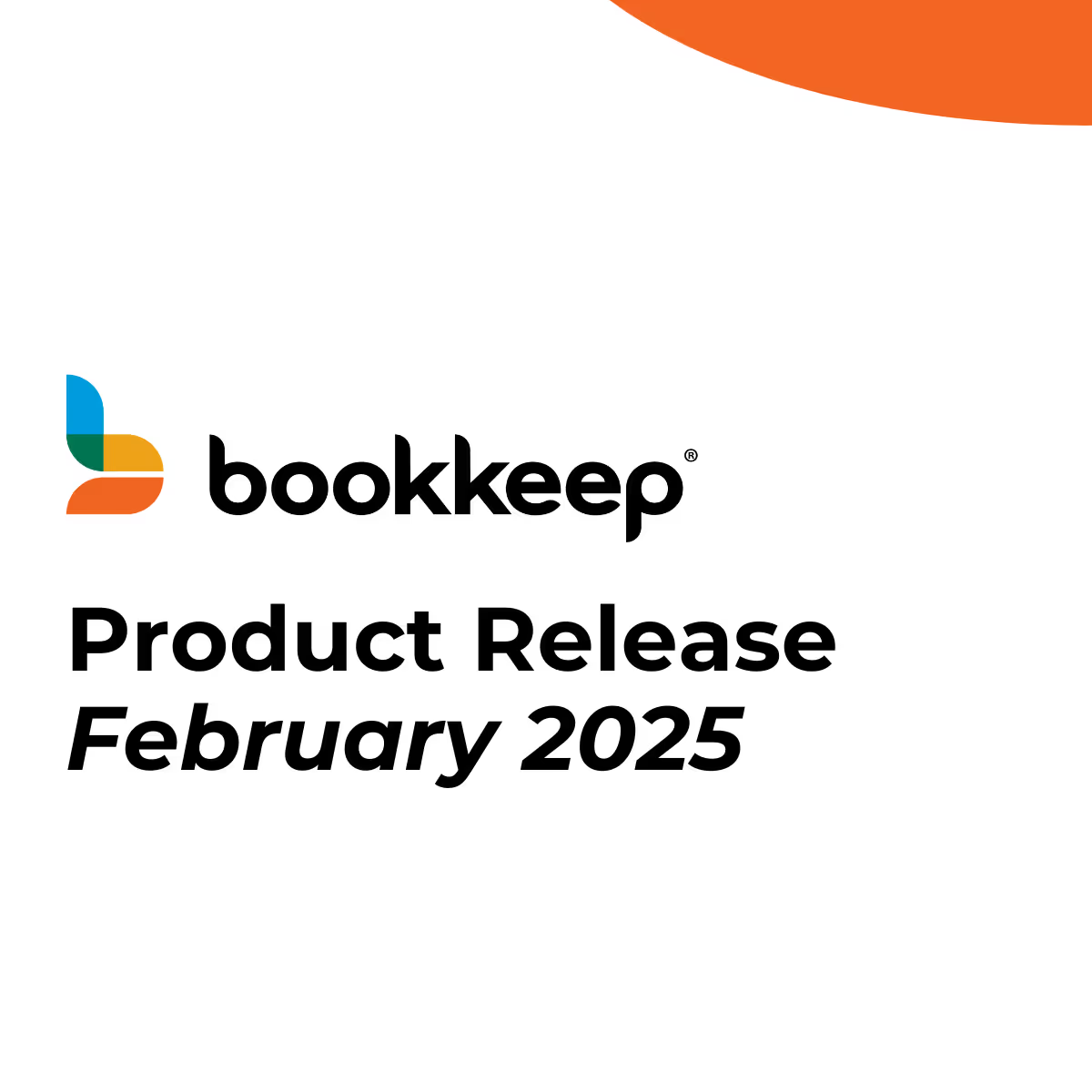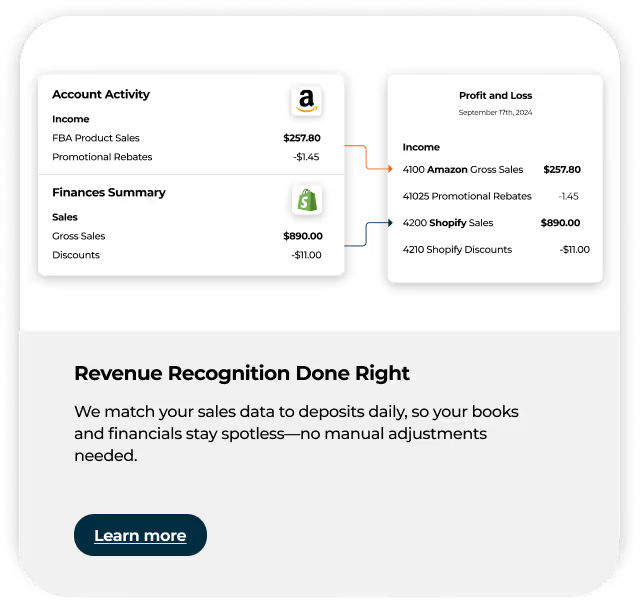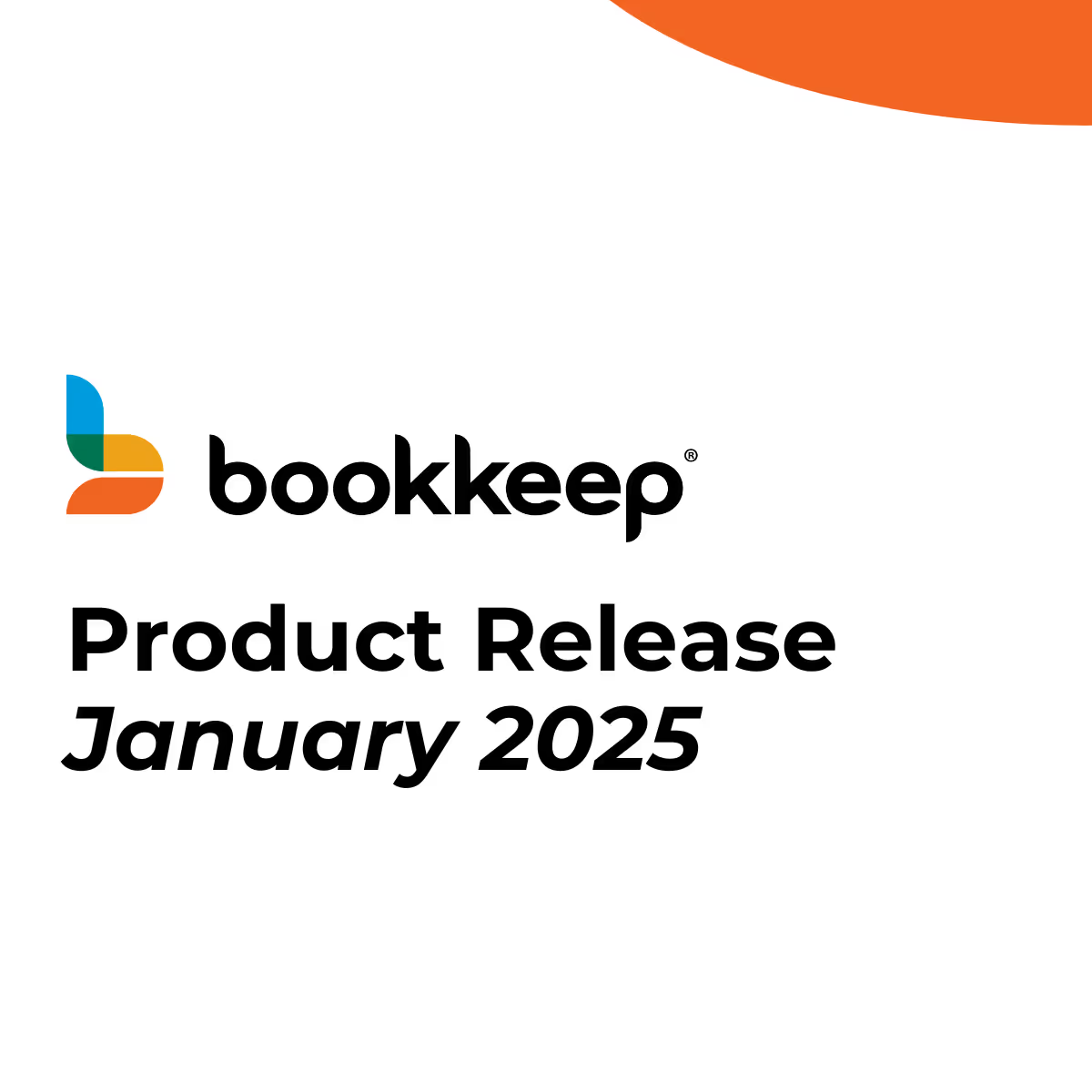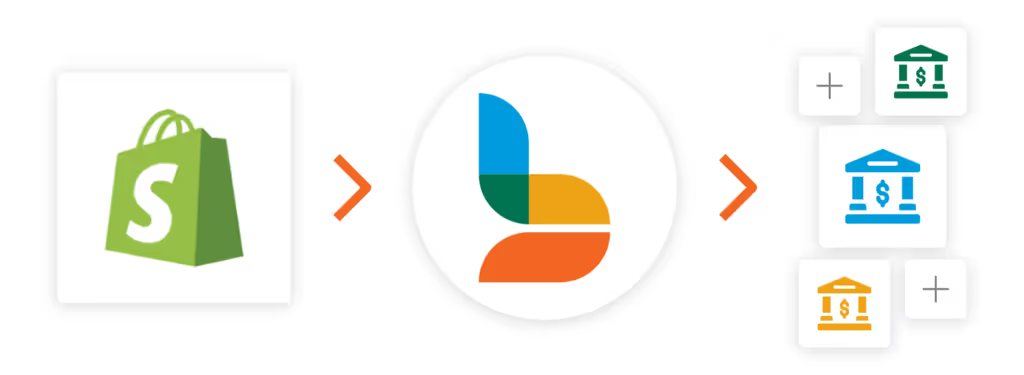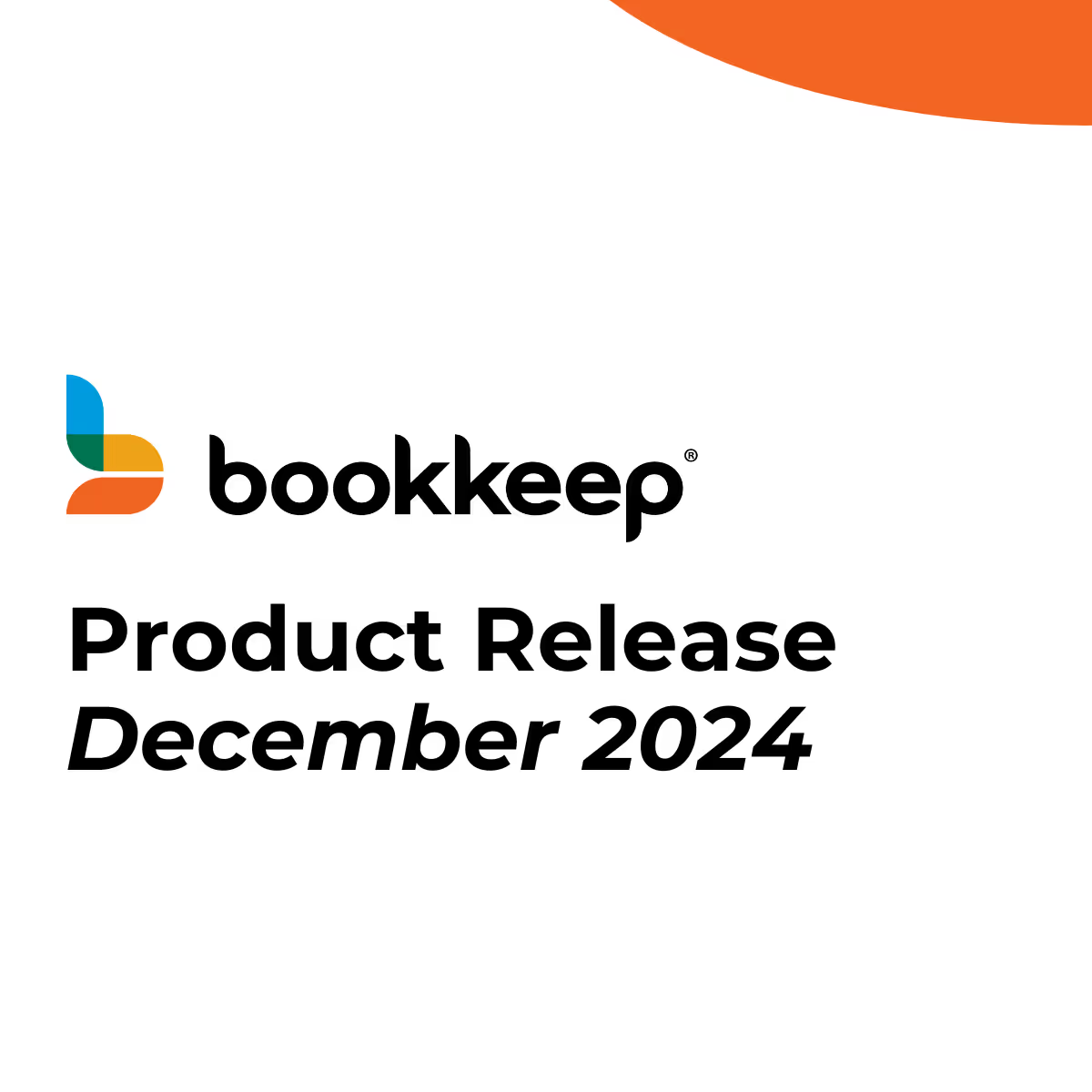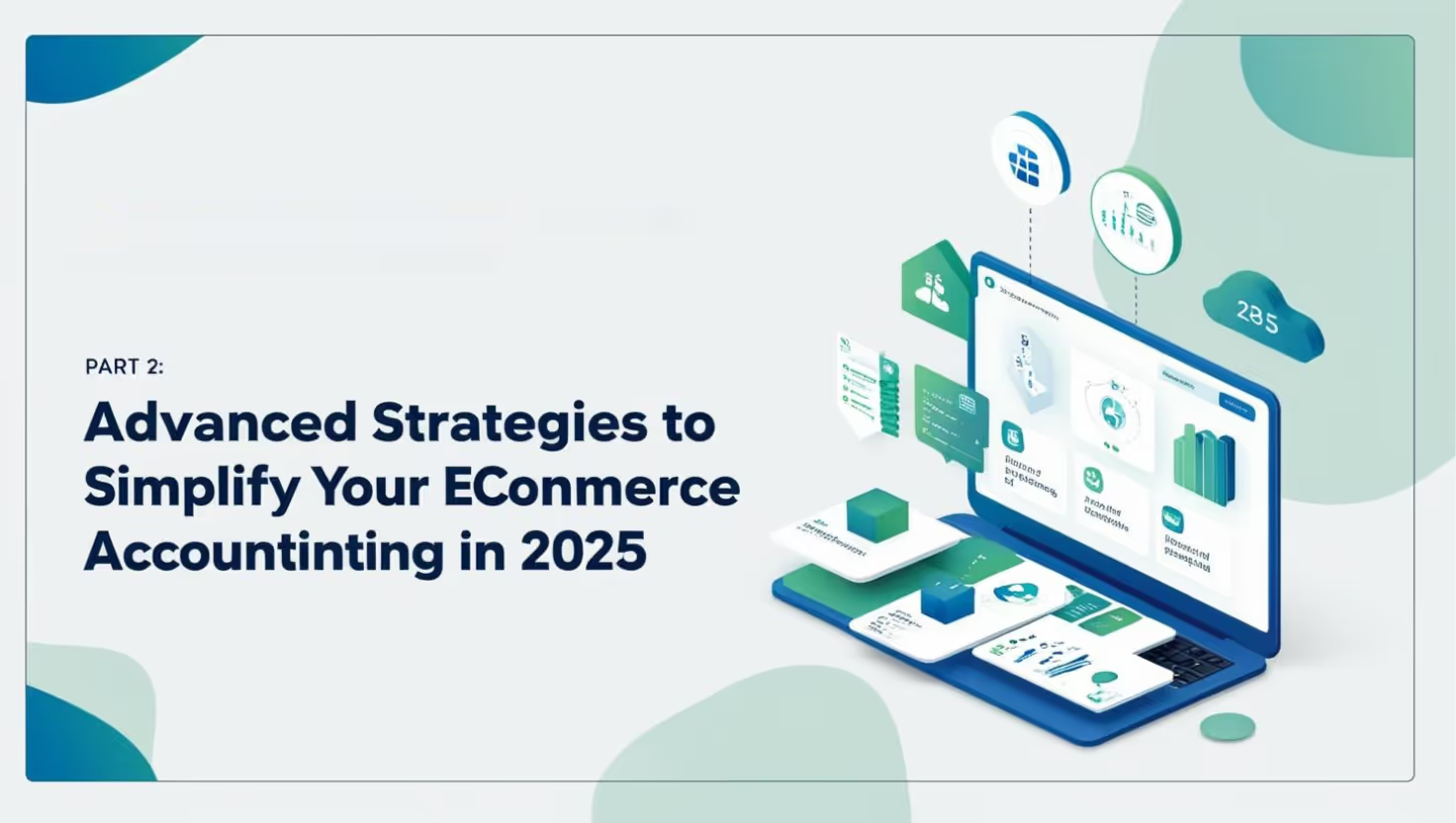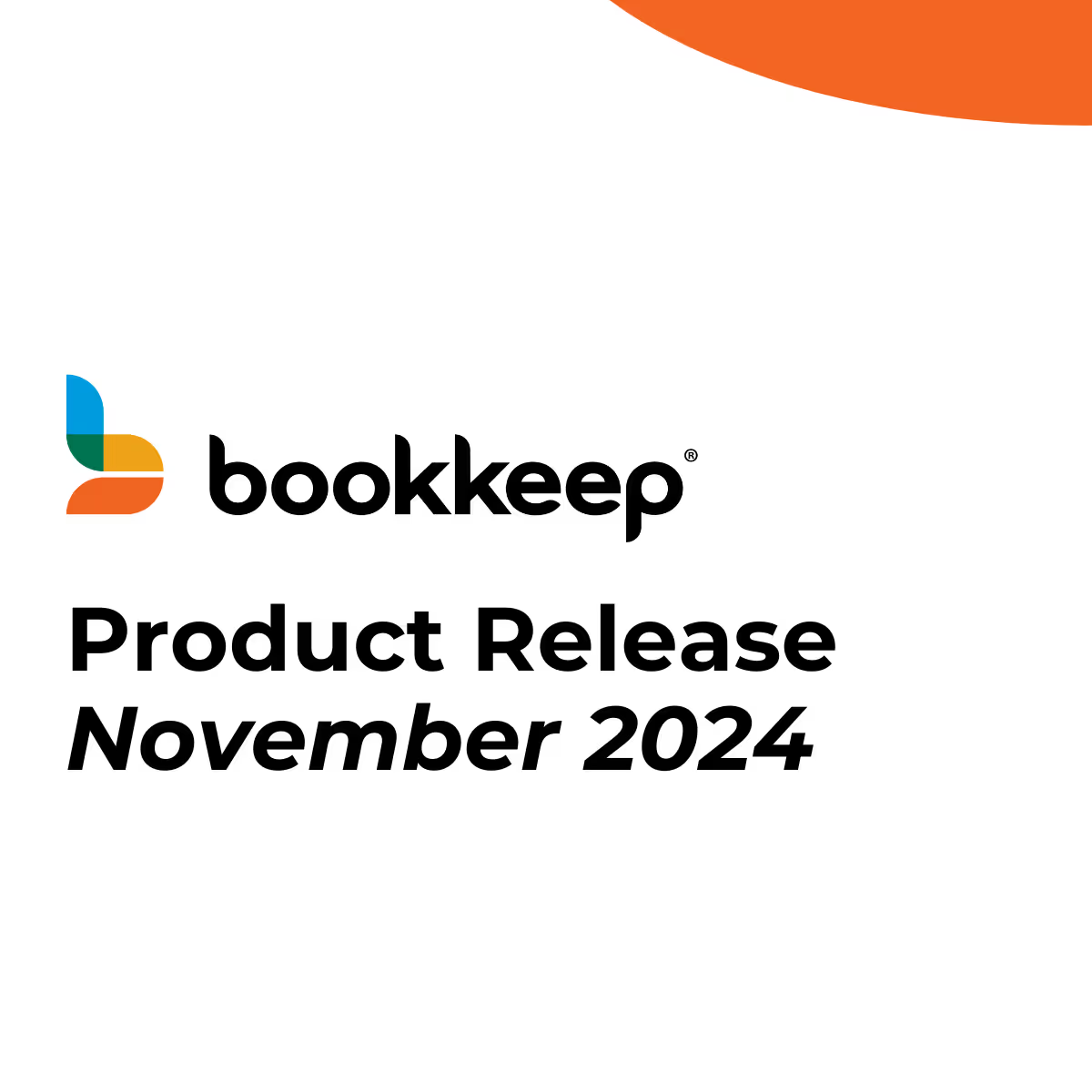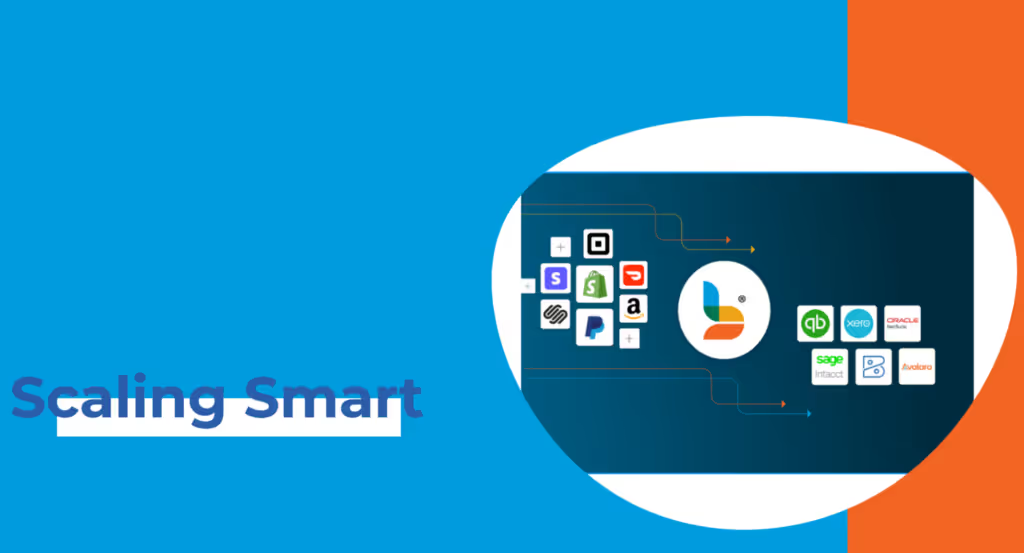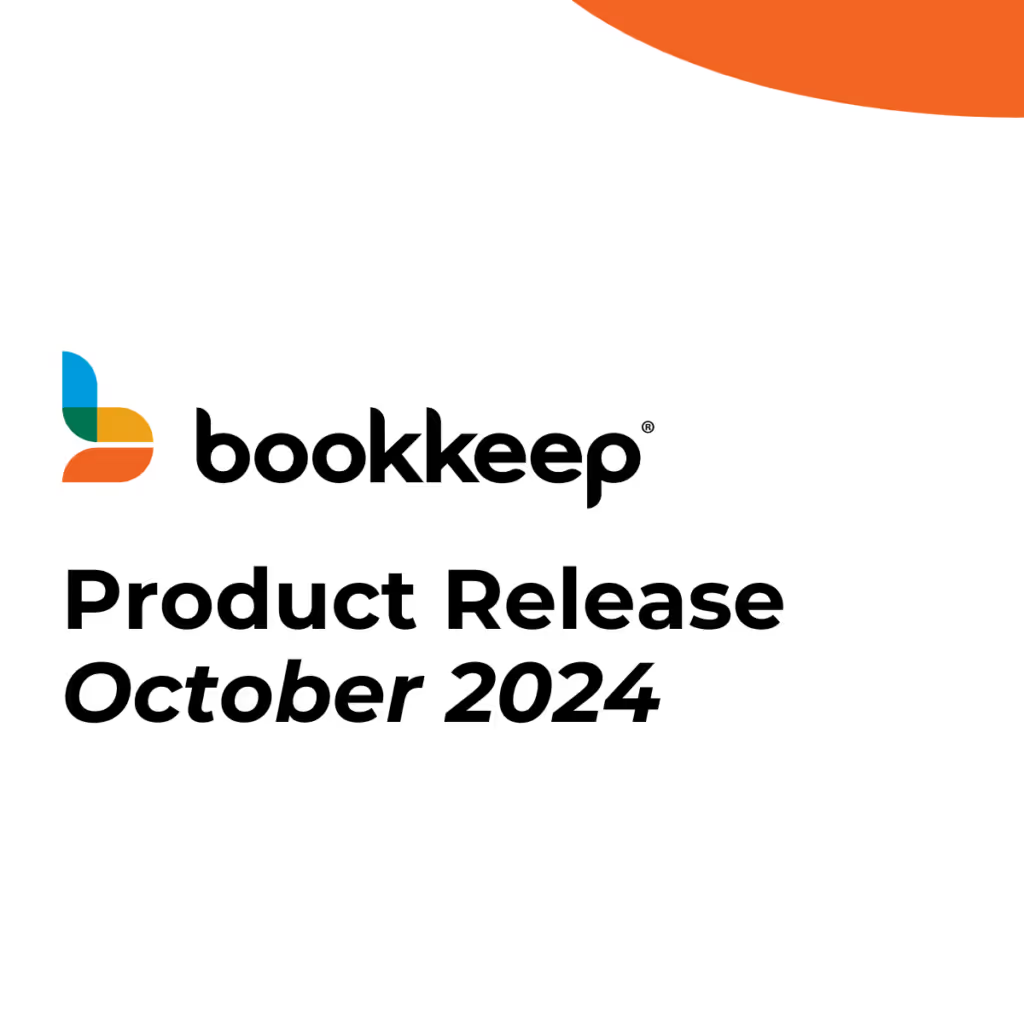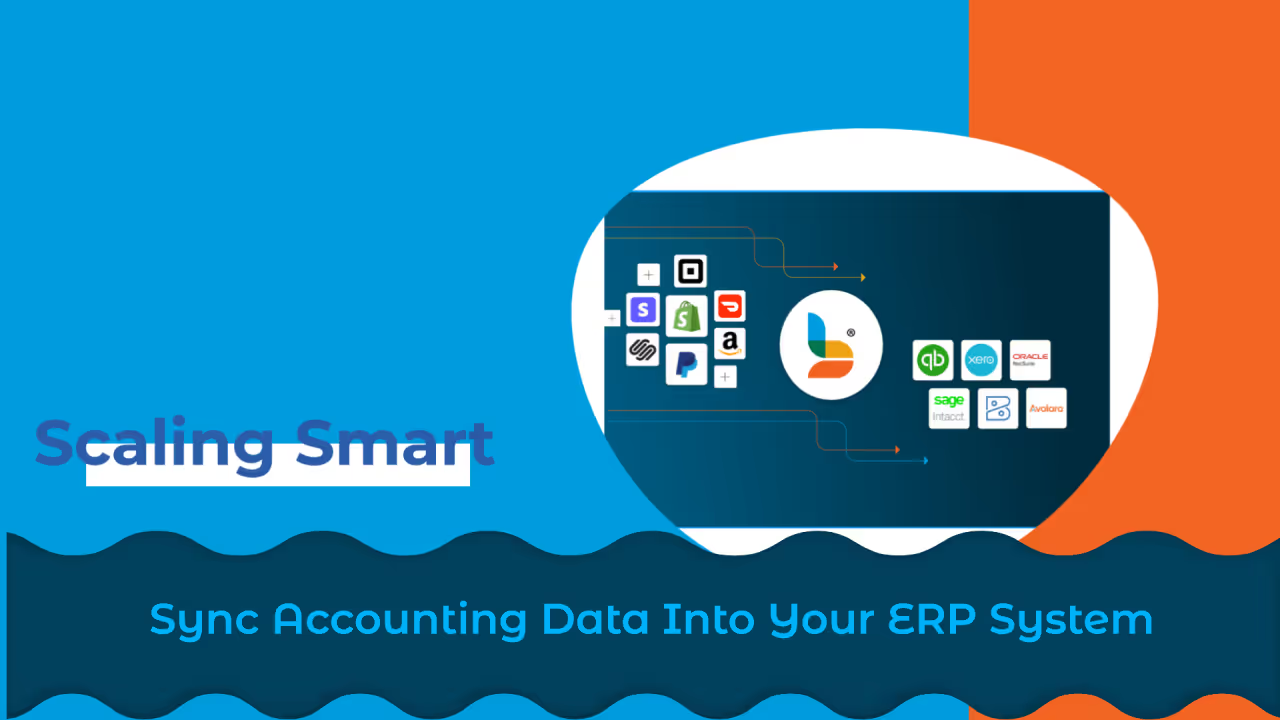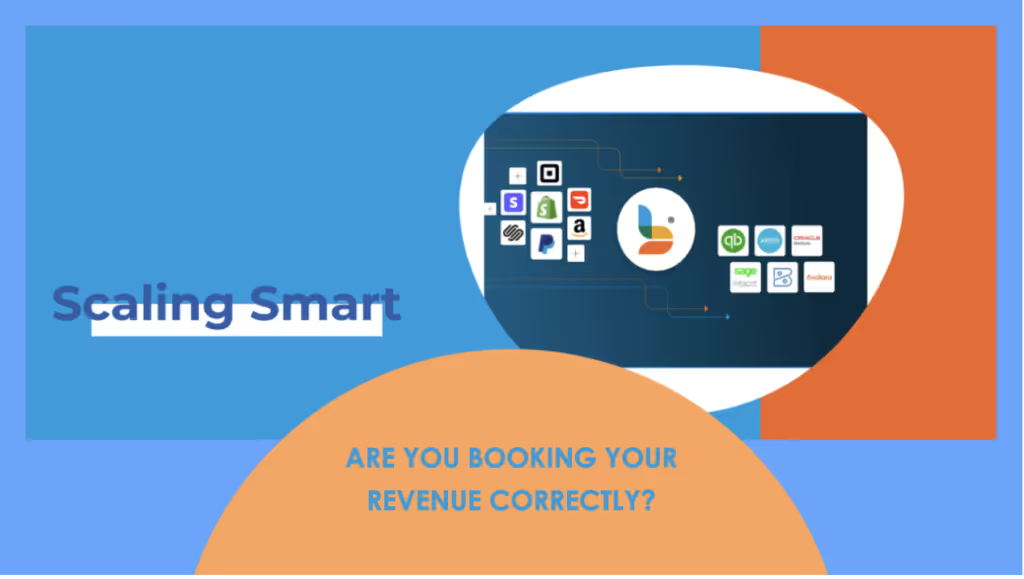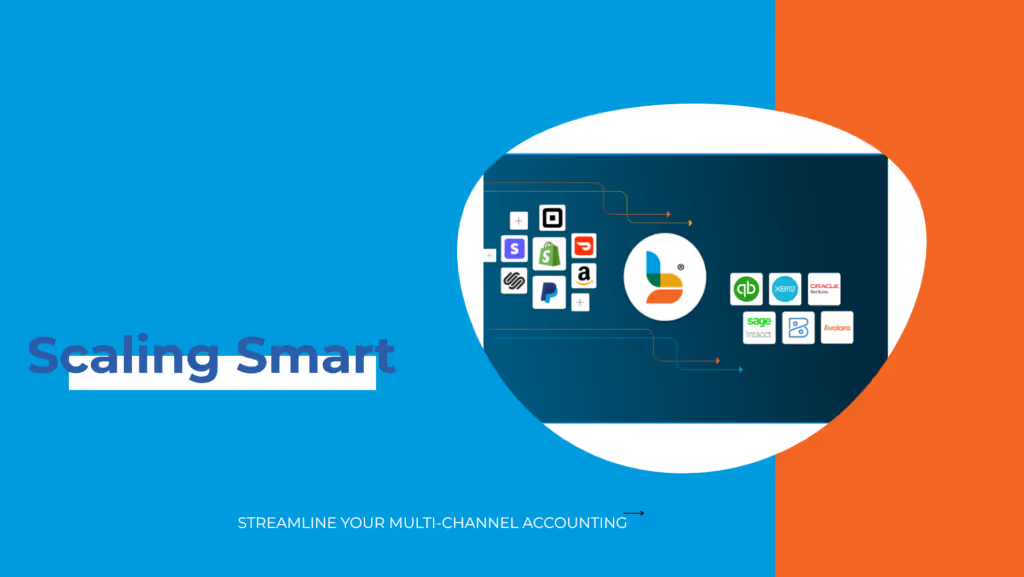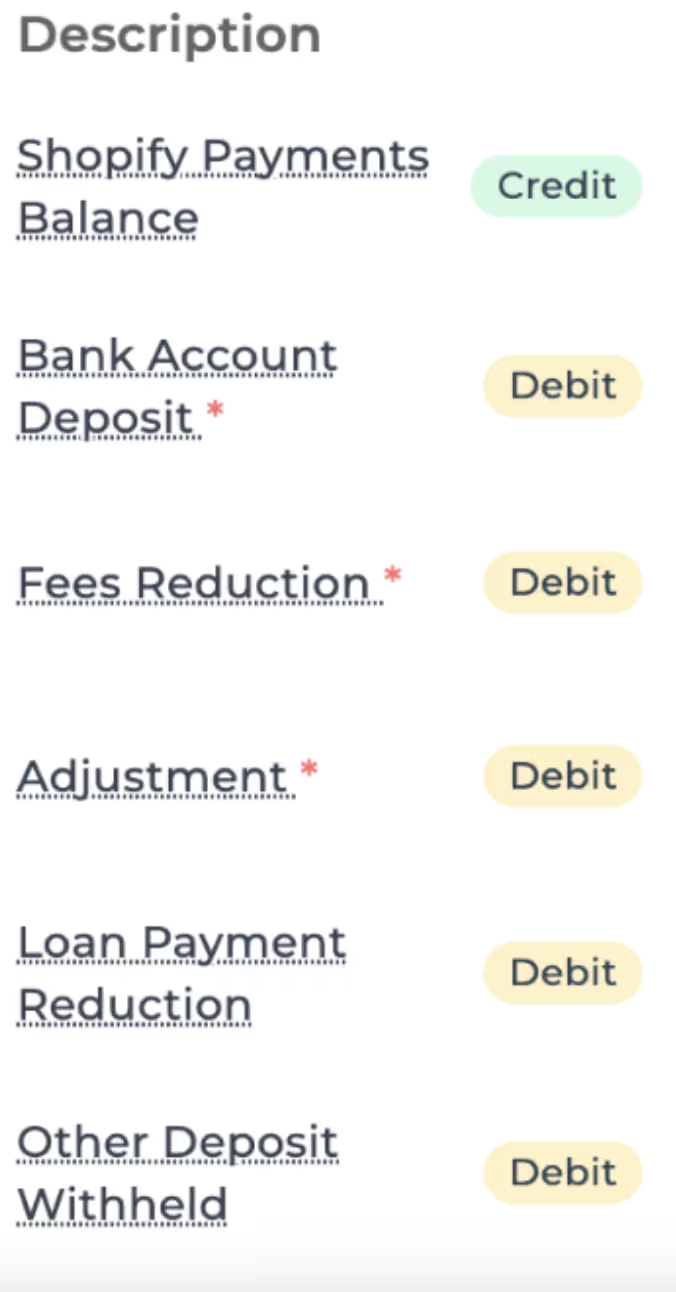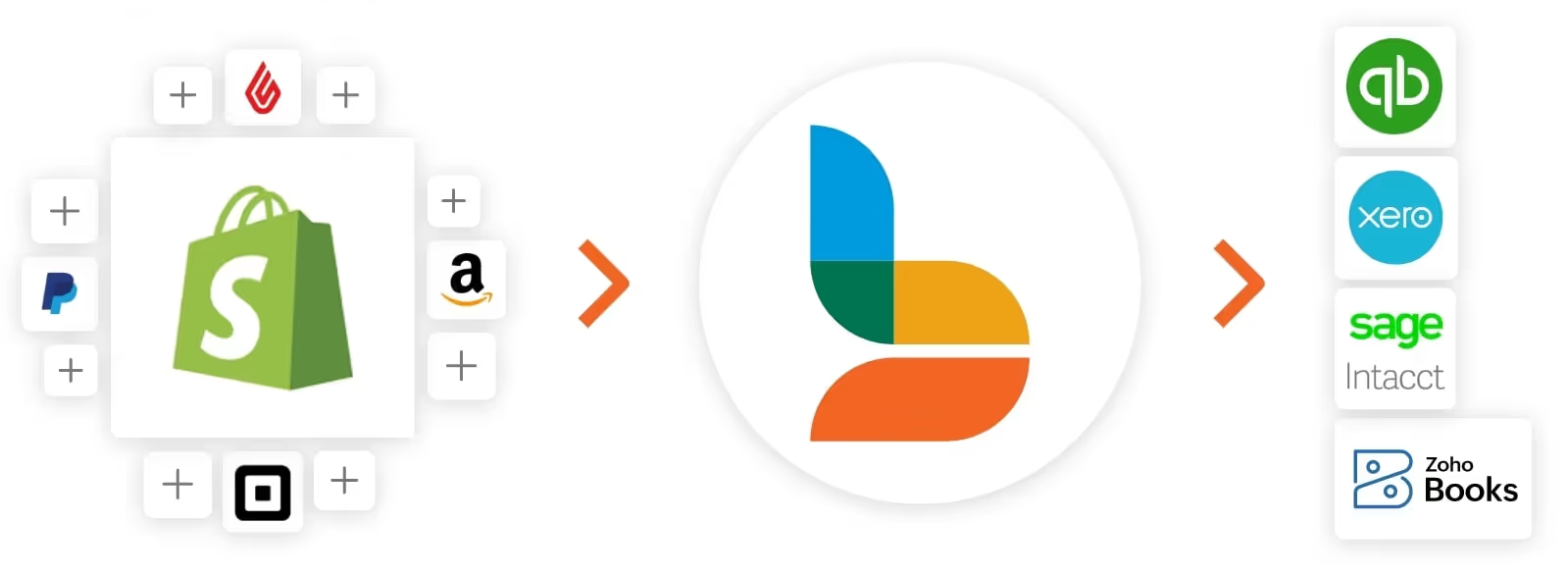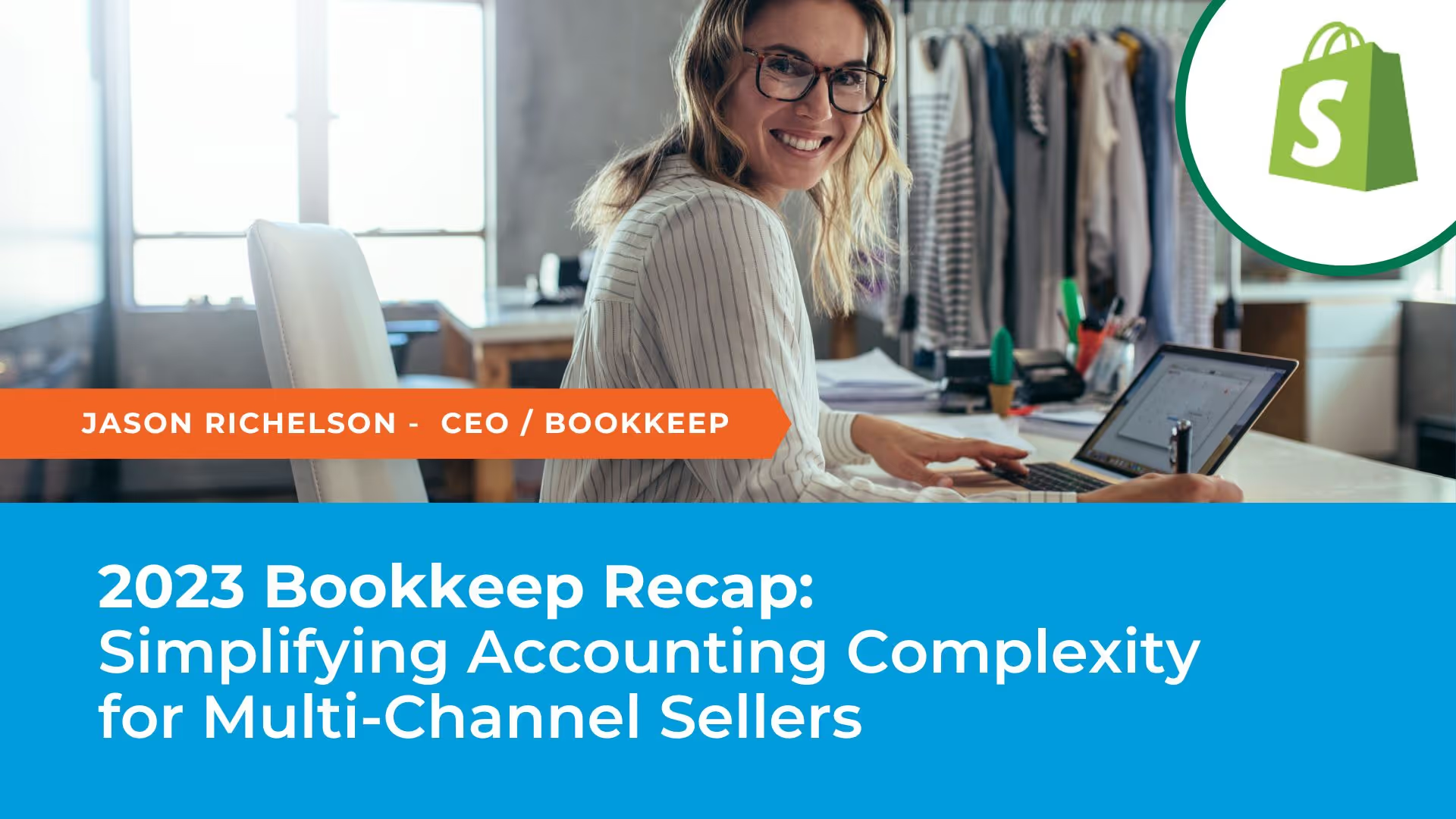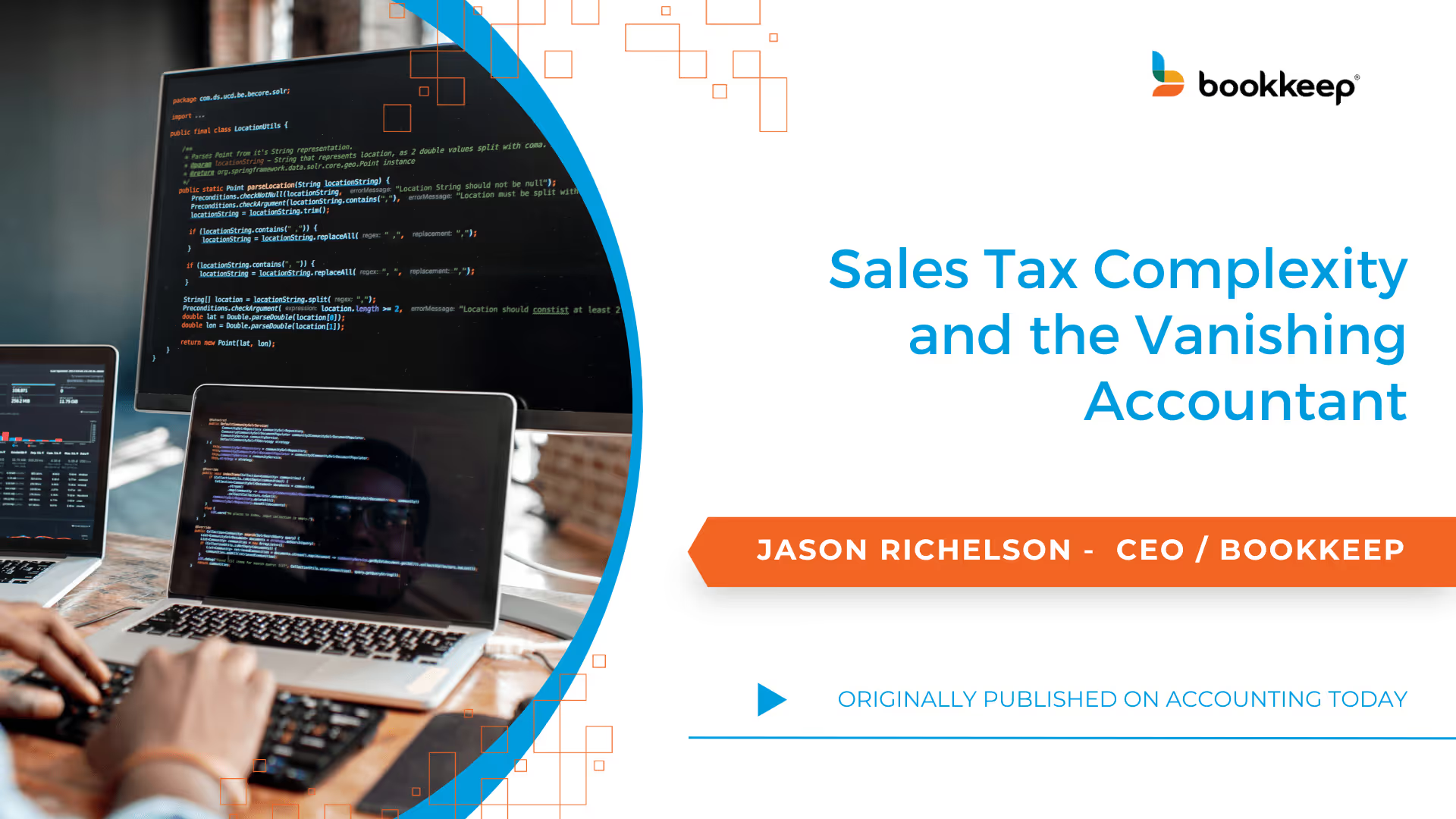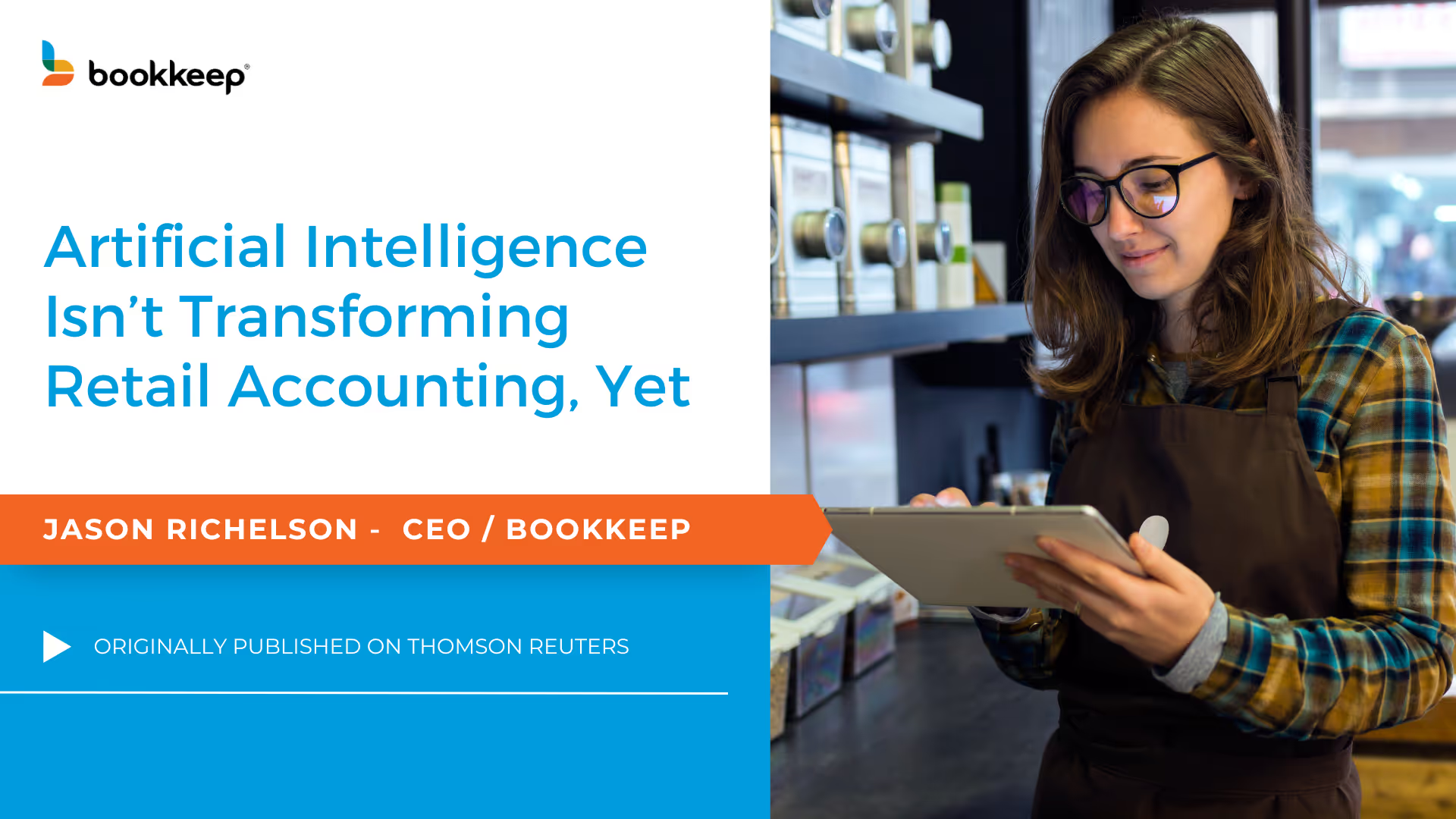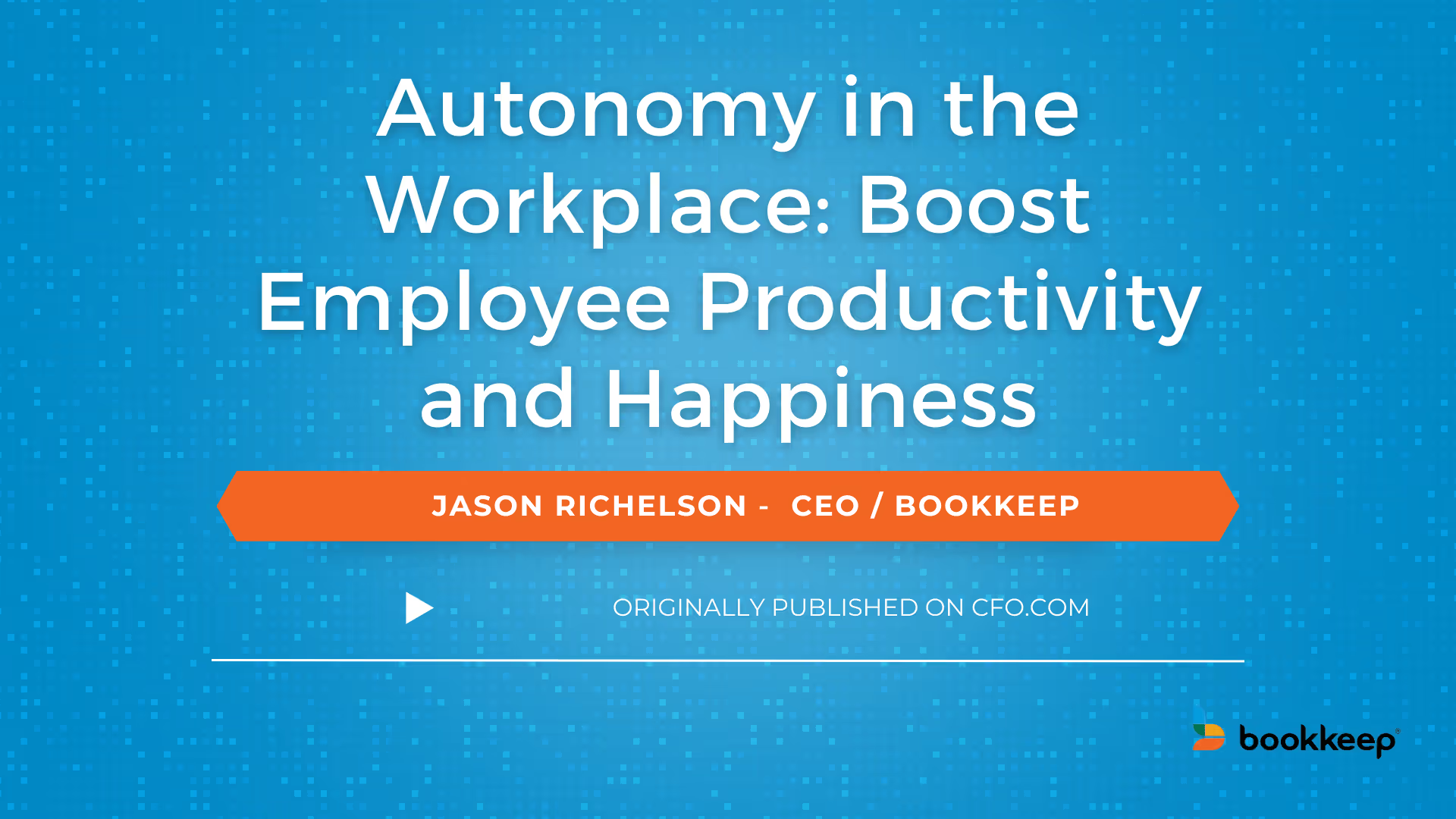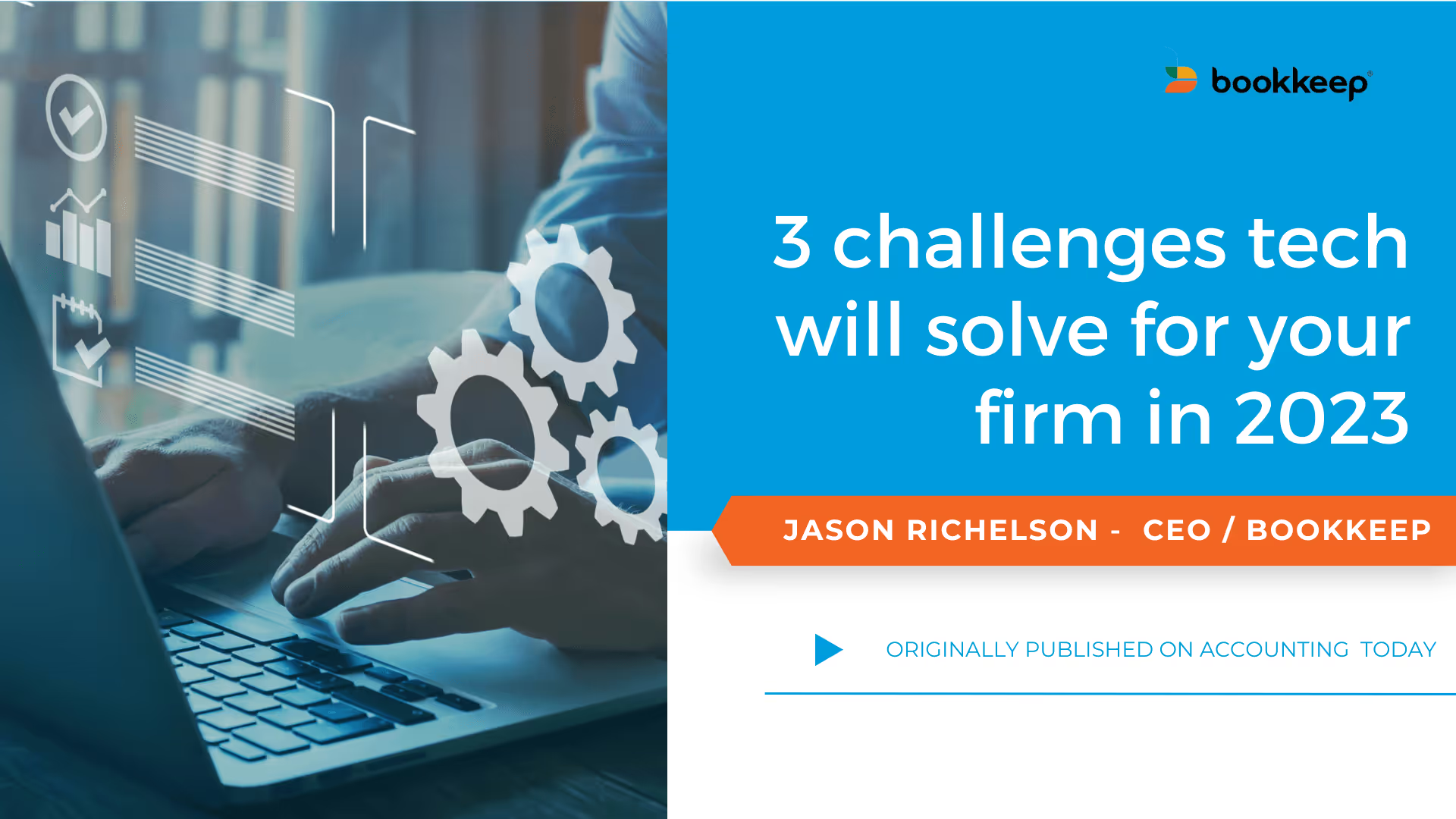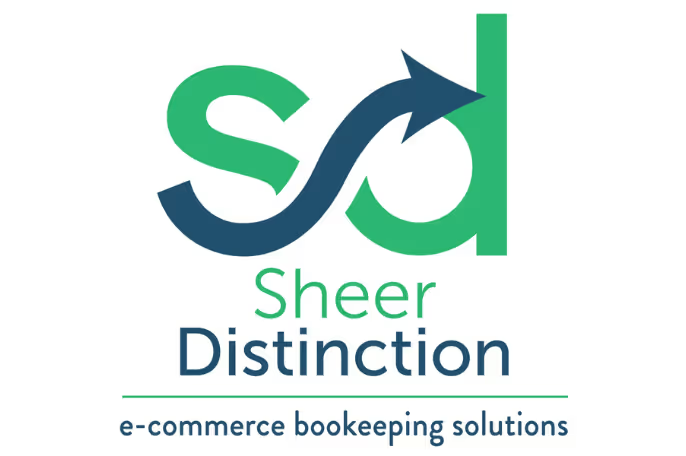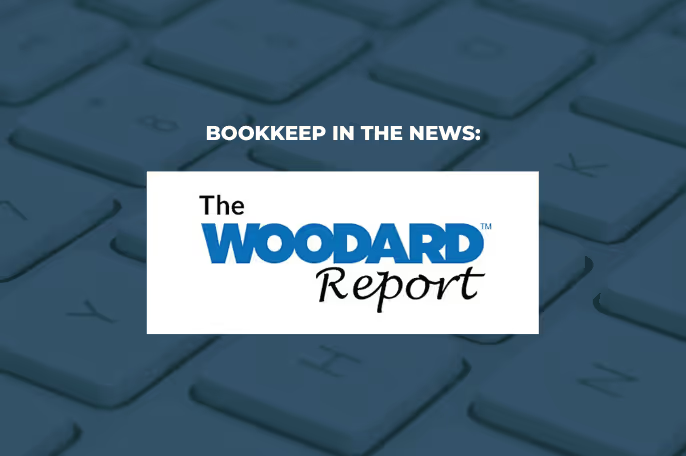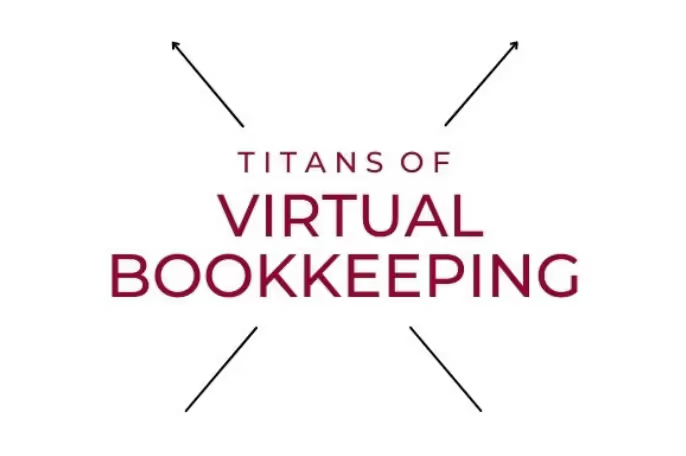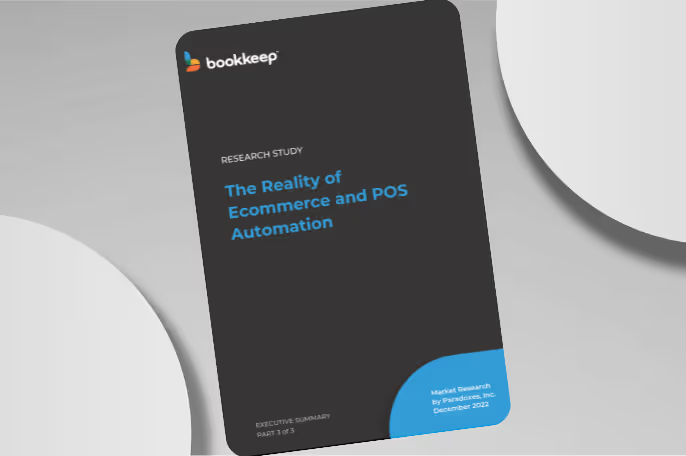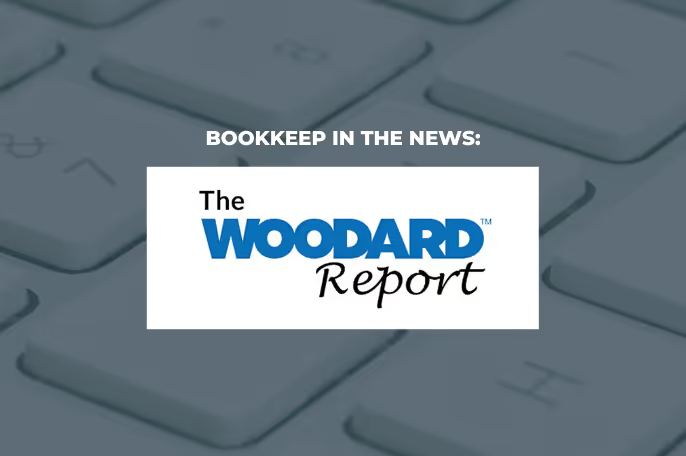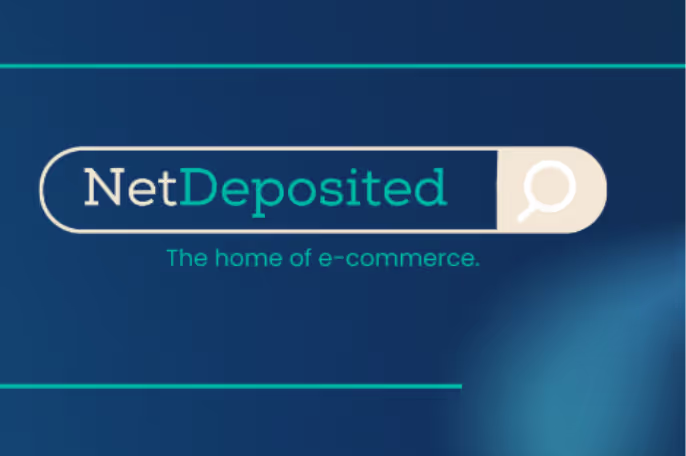Blogs
Accounting Automation: The Secret Weapon for Stress-Free Sales Tax Filings in Ecommerce and Retail
For ecommerce and retail brands, managing sales tax isn't just tedious—it’s a growing liability. With sales across multiple states, platforms, and tax jurisd...
May 6, 2025
0
min reading time
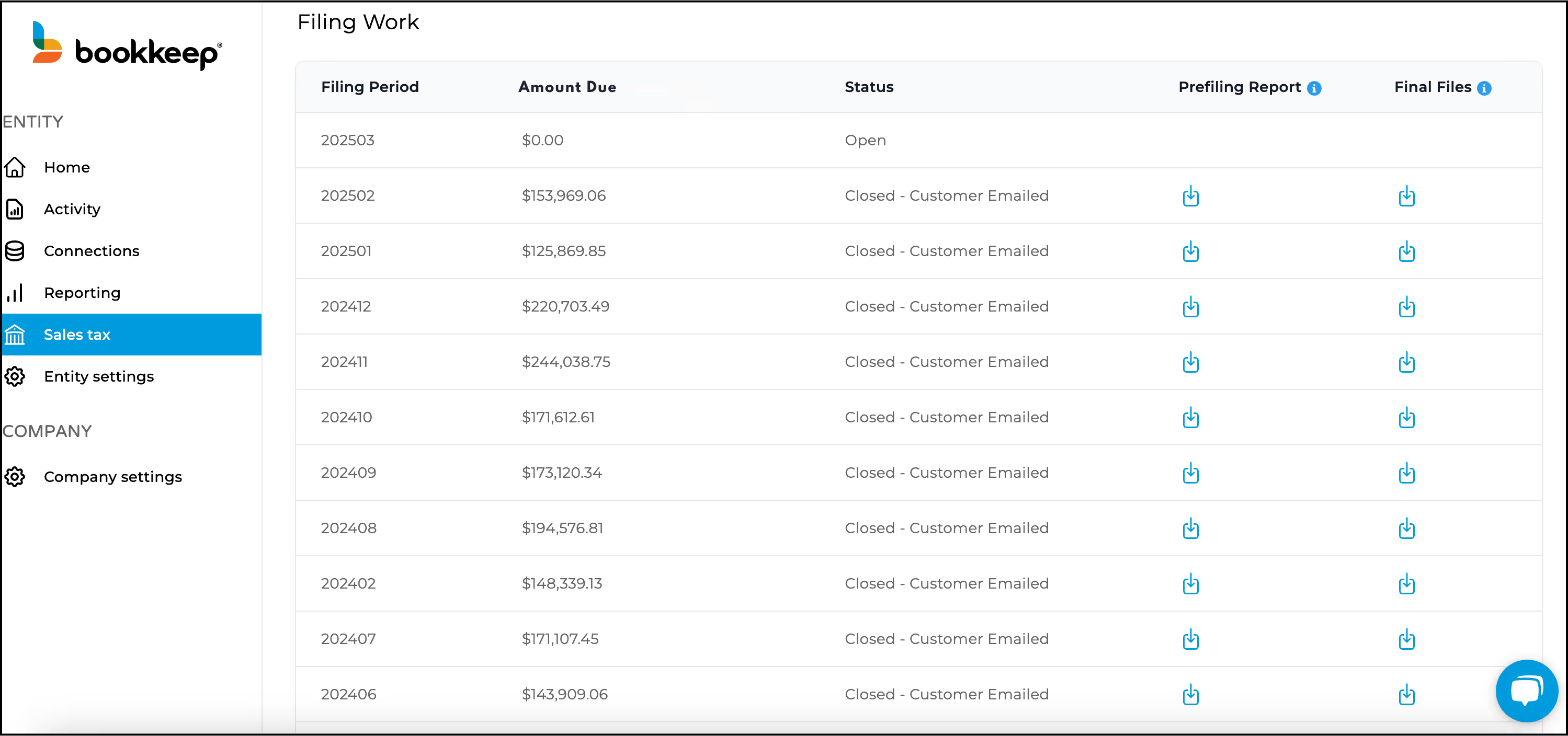

Blogs
Table of Contents
Bookkeep Embedded App Launch Announcement
This is a div block with a Webflow interaction that will be triggered when the heading is in the view.
For ecommerce and retail brands, managing sales tax isn't just tedious—it’s a growing liability. With sales across multiple states, platforms, and tax jurisdictions, staying compliant has become a full-time job. If you’re still managing tax data manually, you’re risking errors, missed deadlines, and audit exposure.
Enter accounting automation—a smarter way to manage sales tax without the chaos.
The Modern Sales Tax Challenge
Selling on platforms like Shopify, Amazon, Etsy, and Square means navigating a maze of rules: marketplace facilitator laws, state-specific nexus thresholds, digital goods exemptions—the list goes on. And every transaction carries sales tax implications.
Without automation, your team is forced to download reports, reconcile line items, and manually calculate tax liabilities. It’s time-consuming, error-prone, and ultimately unsustainable.
How Accounting Automation Solves the Problem
Accounting automation tools connect your sales channels directly to your accounting system and reconcile your financial data daily. But beyond clean books, these tools create a solid foundation for automated sales tax compliance.
Here’s how:
- Daily, Accurate Tax Tracking
Automation ensures your tax data is posted consistently—no more chasing down reports or correcting entries at the last minute. - Seamless Multi-Channel Integration
Sales tax data from Shopify, Amazon, Square, and others can be unified and categorized correctly across platforms. - Real-Time Sales Tax Visibility
Get clear insight into how much you owe, by jurisdiction, so you’re never surprised at filing time. - Audit-Ready Records
Automated entries provide a clean, consistent audit trail—making audits less painful and more predictable. - Effortless Scalability
Whether you're adding new channels or expanding into new states, your tax tracking scales with your business automatically.
Automation Enables Confident Compliance
By automating accounting and sales tax workflows, brands reduce risk and free up time to focus on growth—not government forms. Many tools also integrate directly with tax filing solutions, so once your data is flowing cleanly, filings can happen in just a few clicks—or even automatically.
Accounting automation isn't just about saving time—it’s about protecting your brand and preparing for scale. If you’re looking to future-proof your operations and breathe easier at tax time, automating your sales tax data is the move.

Need help automating your sales tax filings? Bookkeep does that. Book a demo and learn how our dedicated sales tax service can handle your filings for you.
Book a Demo of Bookkeep
Learn How We Provide Financial Clarity for Shopify through Automated Accounting and Sales Tax Compliance.
Book a Demo →
%201.svg)
You may also be interested some of our other


Blogs

Blogs
February 12, 2026
Introducing Sales Tax Registrations: Guided Sales Tax Registration with Ongoing Filing Support
Bookkeep now guides merchants through state sales tax registrations and then manages ongoing filing and remittance — ensuring accurate, compliant setup from day one.
Read More
No items found.
Blogs

Blogs
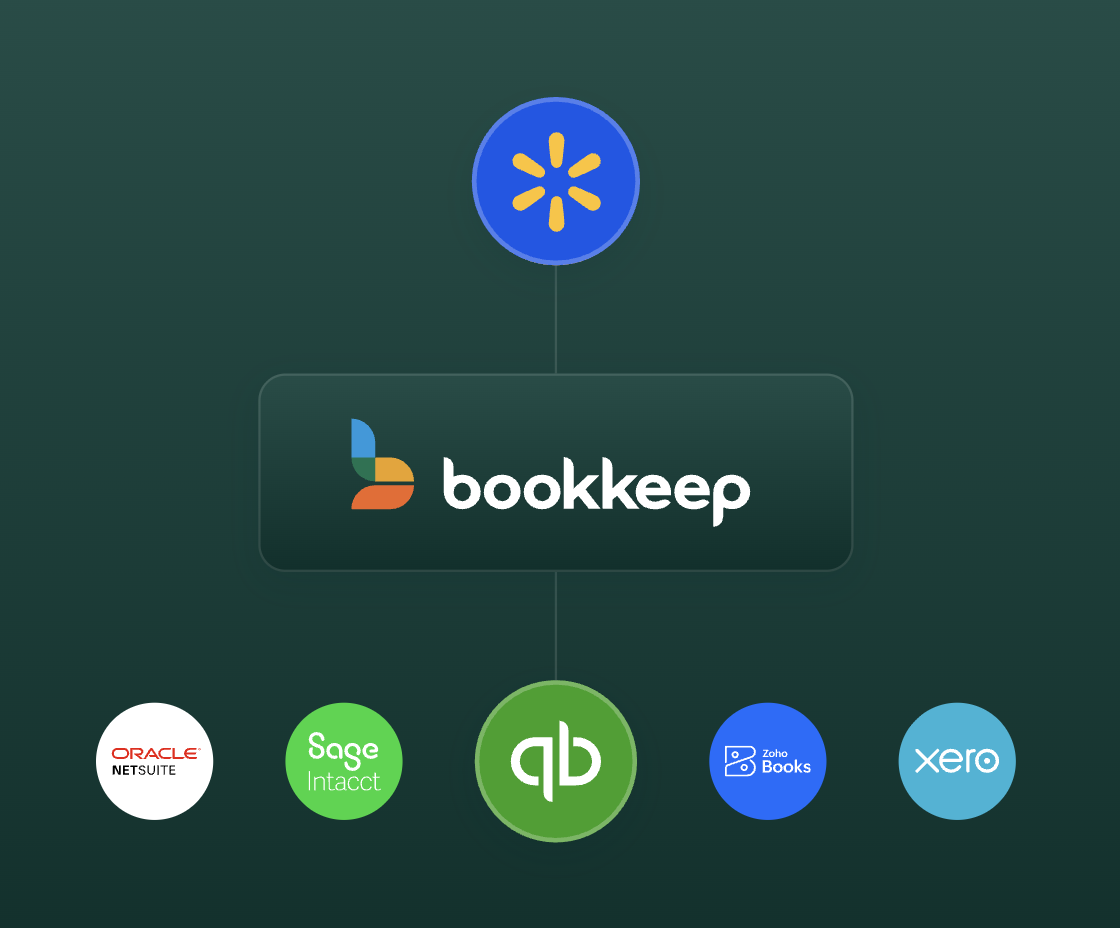
February 12, 2026
Managed COGS for Walmart: Accurate Gross Margins Without an Inventory System
Walmart sellers can now input product costs directly within Bookkeep to automate COGS posting and improve gross margin reporting — without needing a standalone inventory management system.
Read More
No items found.
Blogs

Blogs

December 17, 2025
2025 Bookkeep Year in Review: Top Product Launches For Financial Clarity
Here's a rundown of all of the major product features we shipped in 2025, all with one goal in mind: helping finance teams reconcile faster, close with confidence, and scale without adding complexity.
Read More
Accounting
Strategy & Growth
Operations
Blogs

Blogs
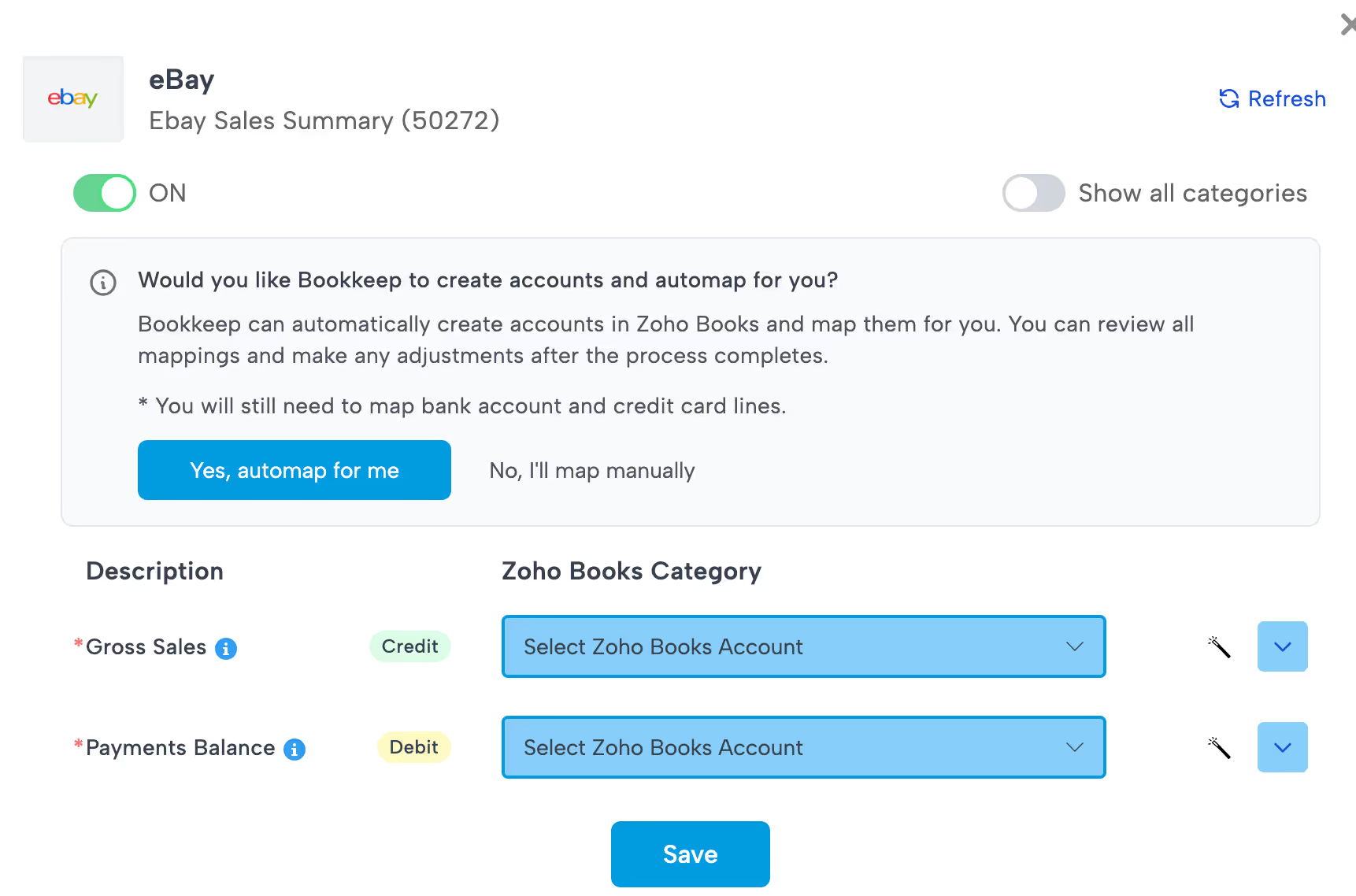
December 8, 2025
Save Hours on Setup with Bookkeep’s Chart of Accounts Automap Feature
The Chart of Accounts Automap feature from Bookkeep is more than just a convenience — it’s a real productivity and accuracy booster. For any ecommerce brand, retail store or accounting team using Bookkeep (with QuickBooks, Xero, or Zoho Books), this feature removes one of the biggest setup pains: manually building and mapping a clean chart of accounts. With Automap, you get a faster, more consistent path to fully automated, daily bookkeeping.
Read More
Accounting
Operations
Blogs

Blogs
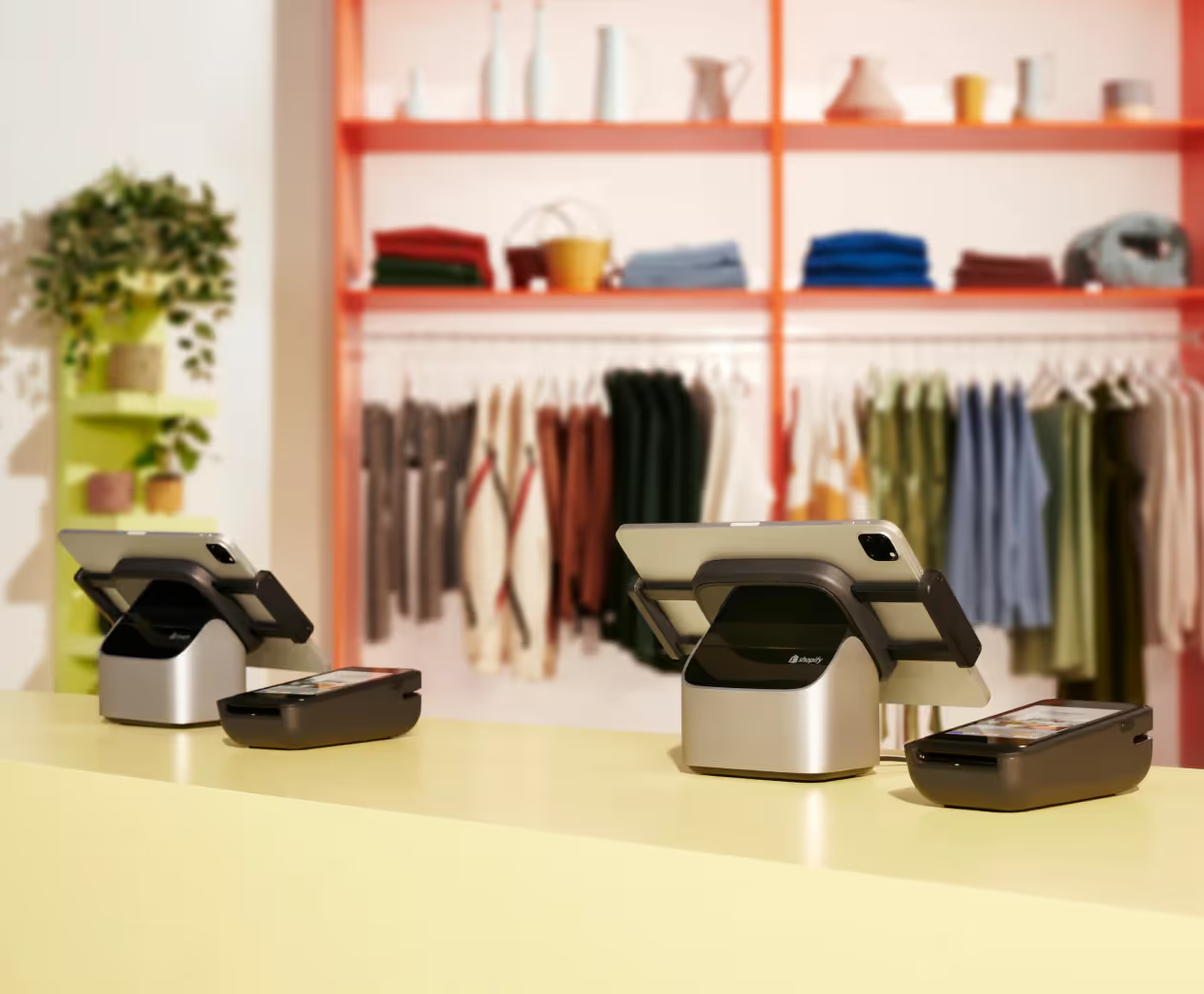
July 14, 2025
Why Shopify Retailers Need Agencies to Migrate and Optimize Their Shopify POS Setup
For brick-and-mortar retailers making the leap to Shopify POS, the transition is about much more than just swapping out cash registers. It’s a strategic shif...
Read More
Operations
Strategy & Growth
Blogs

Blogs

July 8, 2025
Why Specialized Accounting Firms Are Winning Shopify and Ecommerce Clients
Shopify accounting is a category of its own. Firms that specialize—and automate with Bookkeep—are scaling faster, serving better, and standing out. As an acc...
Read More
Accounting
Strategy & Growth
Industry Insights
Blogs

Blogs
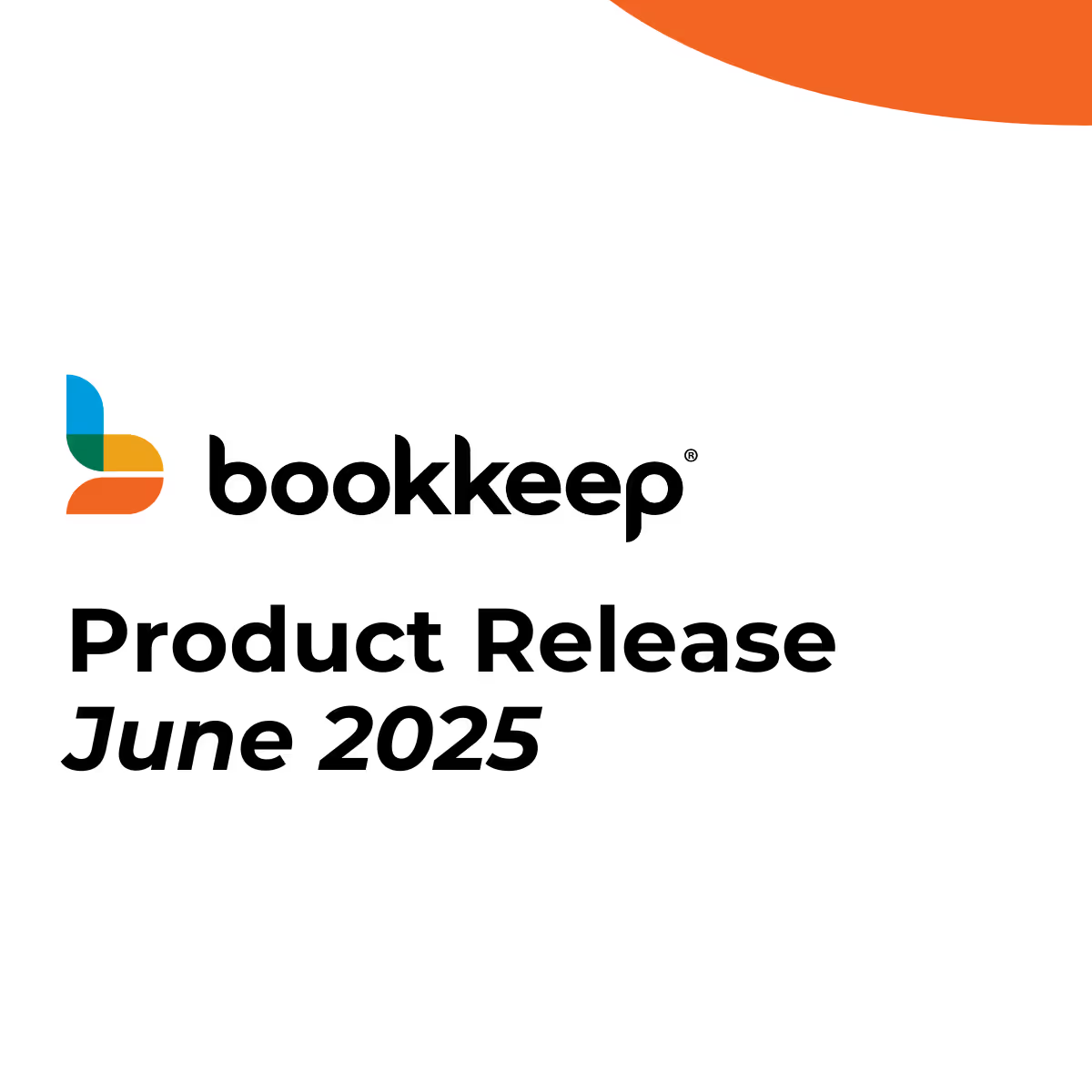
June 30, 2025
June Product Updates — Smarter Shopify Setup, Flexible Square Reporting, and Zoho Vendor Mapping
At Bookkeep, we’re constantly evolving our platform to align more closely with how ecommerce and retail merchants work. This June, we’ve delivered updates th...
Read More
Operations
Customer Success
Accounting
Blogs

Blogs
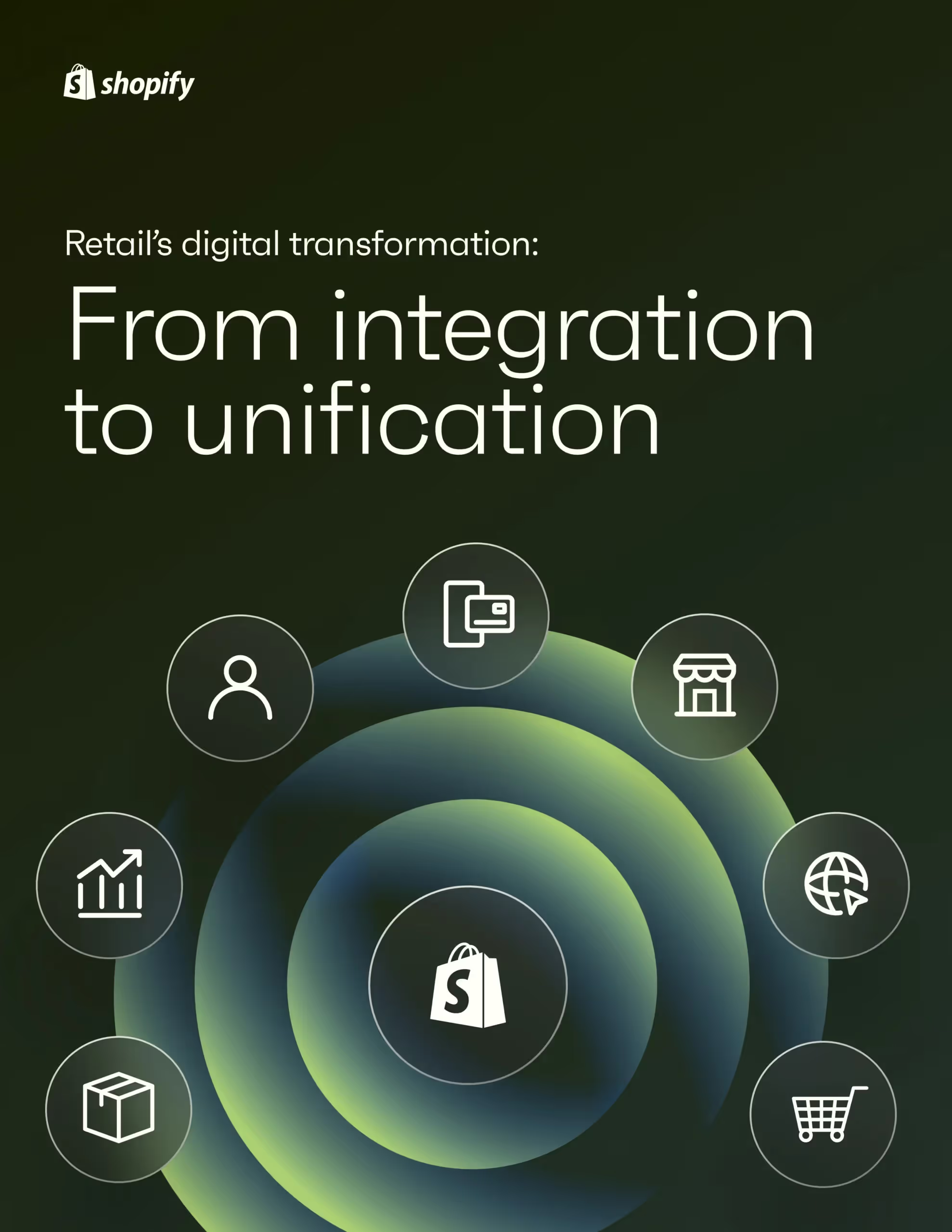
June 26, 2025
From Fragmentation to Financial Clarity: How Bookkeep Supports Shopify’s Vision for Unified Commerce
Retail is undergoing a seismic shift. As Shopify’s latest report, “Retail’s Digital Transformation: From Integration to Unification,” makes clear, the future...
Read More
Industry Insights
Strategy & Growth
Accounting
Blogs

Blogs
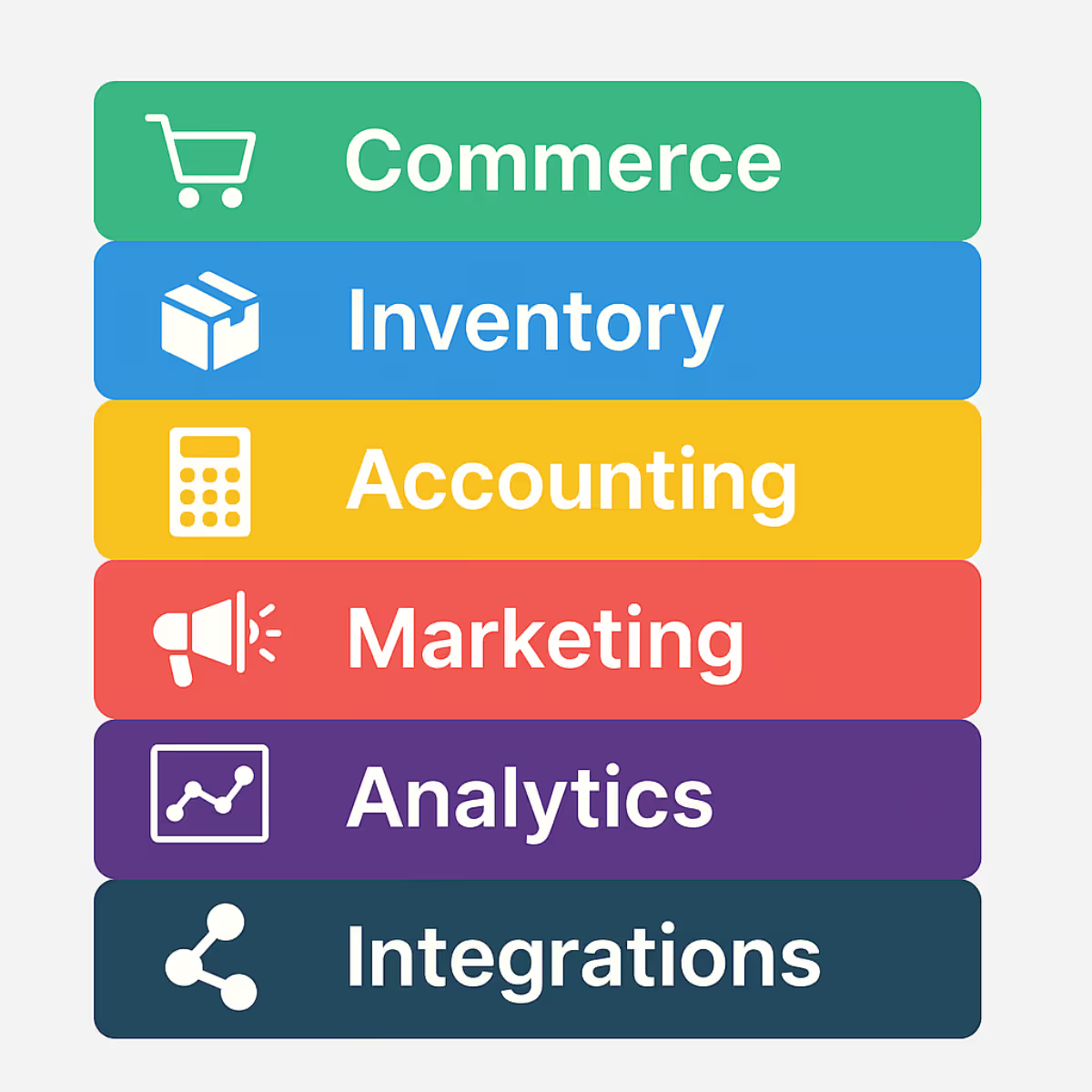
June 17, 2025
The Ultimate Shopify Agency Technology Stack: What Multi-Million Dollar Brands Really Need to Scale
As Shopify merchants grow past seven figures in revenue, their needs go far beyond a sleek storefront. They’re managing complex operations—across ecommerce, ...
Read More
Strategy & Growth
Operations
Industry Insights
Blogs

Blogs
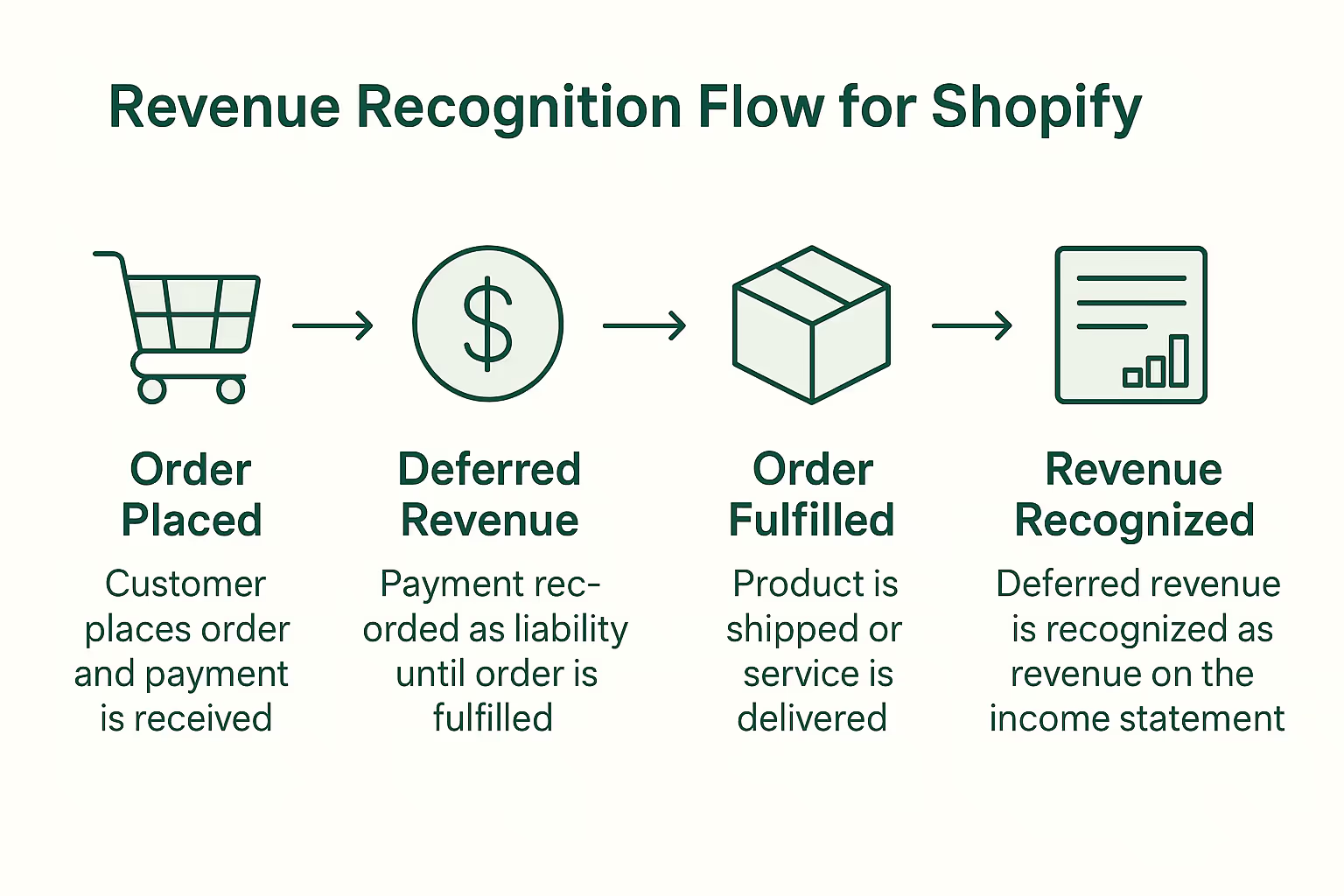
June 12, 2025
Revenue Recognition Best Practices for Shopify Brands: Stay Compliant & Confident
For fast-growing Shopify brands, understanding when and how to recognize revenue is more than an accounting technicality—it’s essential for compliance, cash ...
Read More
Accounting
Compliance & Legal
Industry Insights
Blogs

Blogs

June 5, 2025
Meet Our Trusted Shopify Agency Partners: Powering Financial Clarity for Merchants
At Bookkeep, we believe in empowering Shopify merchants with seamless, accurate accounting automation. But we know financial clarity doesn’t happen in a vacu...
Read More
Customer Success
Strategy & Growth
Blogs

Blogs

May 22, 2025
Bookkeep Recognized by Gartner with Multiple 2025 Awards for Integration Category And More
NEW YORK, NY, UNITED STATES, May 22, 2025 -- We are excited to share that Bookkeep , an accounting automation solution has been recognized with multiple awar...
Read More
Customer Success
Industry Insights
Blogs

Blogs

May 6, 2025
Accounting Automation: The Secret Weapon for Stress-Free Sales Tax Filings in Ecommerce and Retail
For ecommerce and retail brands, managing sales tax isn't just tedious—it’s a growing liability. With sales across multiple states, platforms, and tax jurisd...
Read More
Compliance & Legal
Accounting
Blogs

Blogs

September 18, 2024
Take Control of Your Books: Meet Our New Features for Shopify and Square Accounting Automation
As CFOs and accounting teams know, keeping books clean and accurate for Shopify and Square merchants can be a time-consuming, manual effort. Between reconcil...
Read More
No items found.
Blogs

Blogs
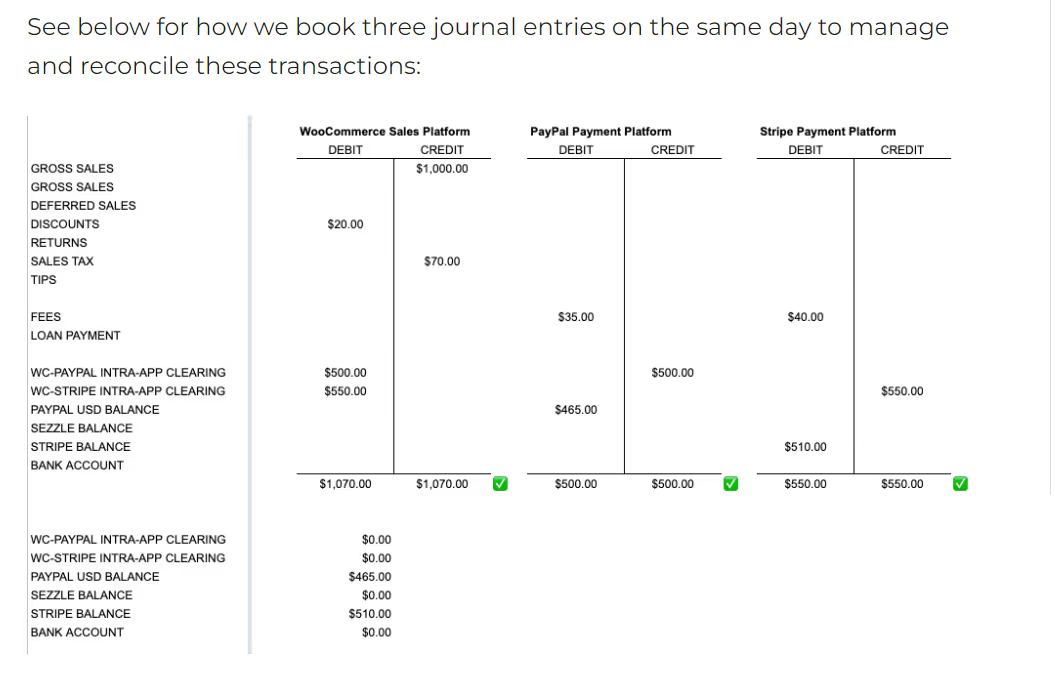
July 15, 2024
How to Avoid Double-Booking Revenues, when Using Shopify (or WooCommerce, or Amazon) and PayPal Together
Shopify and PayPal play so nicely together. Or, do they? The short answer is “Yes, they do”, but the longer more nuanced answer is that companies that use th...
Read More
No items found.
Blogs

Blogs

June 18, 2024
Bookkeep Opens New Office in Victoria, British Columbia To Better Serve Its Growing Canadian Customer Base
Brooklyn, NY (June 18, 2024) – Bookkeep, the leading revenue accounting and sales tax automation platform for unified commerce, today announced plans to open...
Read More
No items found.
Blogs

Blogs

June 15, 2024
Getting Shopify Sales Detail into QuickBooks Online: Best Practices to Strike the Right Balance
It's a given that in order to understand the business and to be able to make good business decisions, the business owner, CFO, or financial advisor needs dat...
Read More
No items found.
Blogs

Blogs

April 3, 2024
Are You Taking Advantage of Accounting Automation in your E-commerce, Retail, or Restaurant Business?
For busy e-commerce, retail and restaurant businesses (and the accounting teams that serve them), e-commerce and point-of-sale (POS) accounting automation is...
Read More
No items found.
Blogs

Blogs

November 6, 2023
Bookkeep Names Accounting Veteran Alison Ball as Vice President of Marketing and Communications
Former Intuit and Liscio Senior Leader Will Drive Strategy to Increase Awareness and Adoption Among Accountants and Bookkeepers for the Revenue & Sales Tax A...
Read More
No items found.
Blogs

Blogs
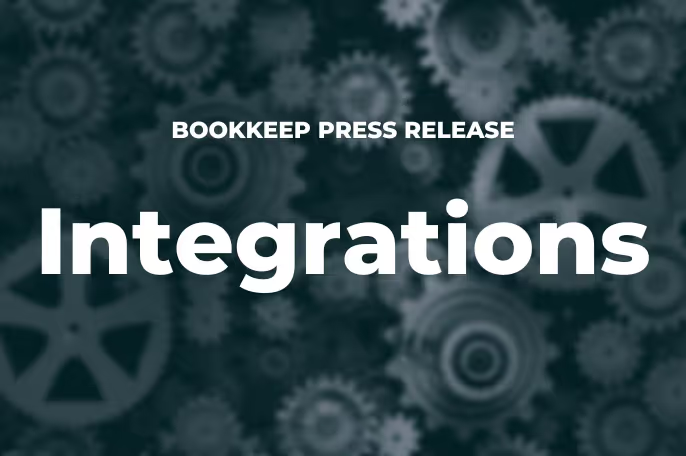
June 26, 2023
Bookkeep and Zoho Books Partner to Offer Revenue Automation to Its Growing Community of Accountants and Small Businesses
Additional Integrations with Clover, Toast and MindBody Strengthen Bookkeep’s Position As the Market Leader in Automated Ecommerce Accounting St. Louis, Mo. ...
Read More
No items found.
Blogs

Blogs

April 26, 2023
Specialization: A Solution for Reducing Burnout & Attrition Among Tax & Accounting Professionals
SUMMARY In this column for Thomson Reuters, Jason makes the case for why tax & accounting firms should consider switching to a specialization-focused service...
Read More
No items found.
Blogs

Blogs

March 1, 2023
Bookkeep Introduces New Sales Tax Automation To Provide Retailers Complete Revenue Accounting Services
The Bookkeep and DAVO by Avalara integration will enable clients to automatically set aside sales tax, file and make payments, eliminating tedious manual wor...
Read More
No items found.
